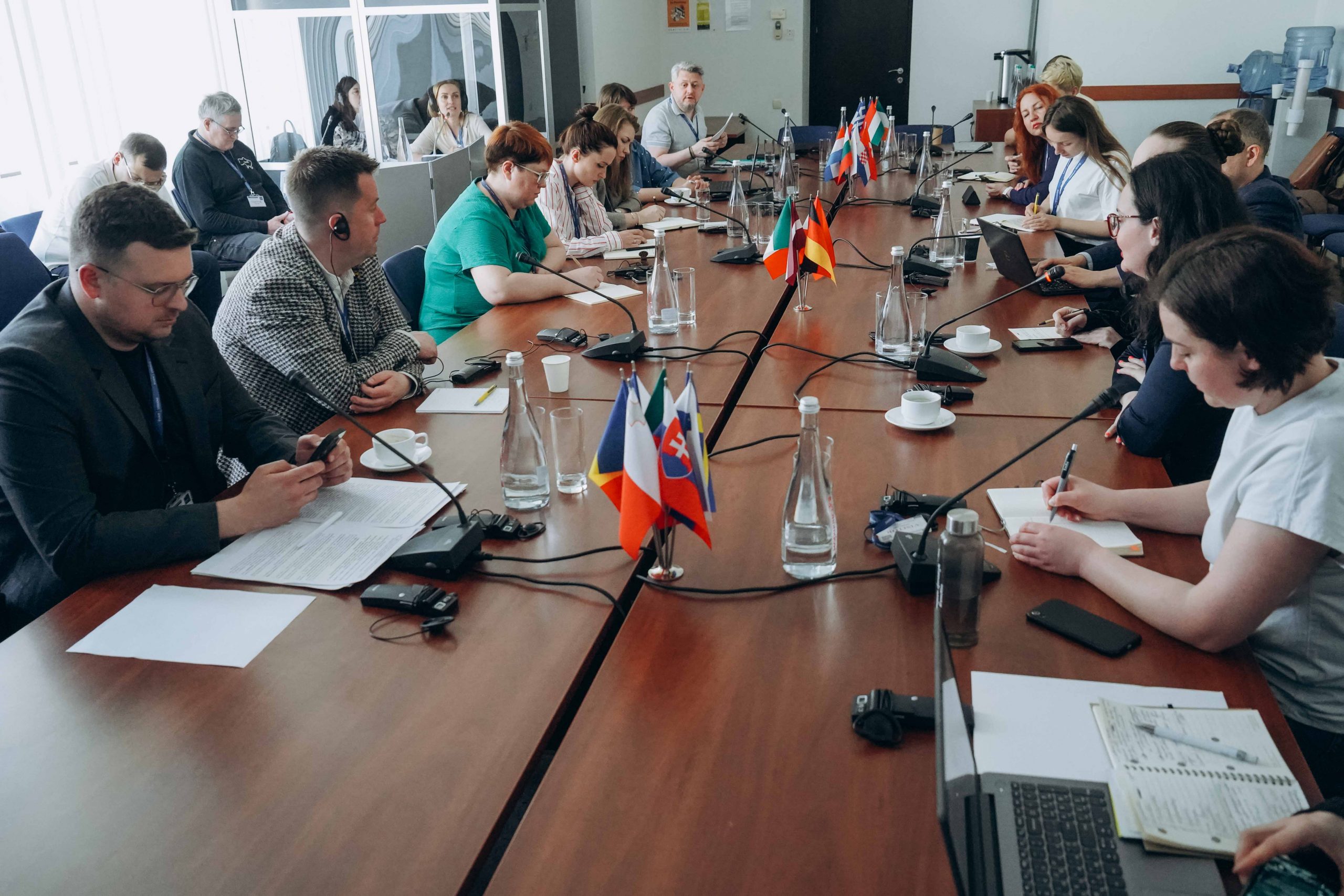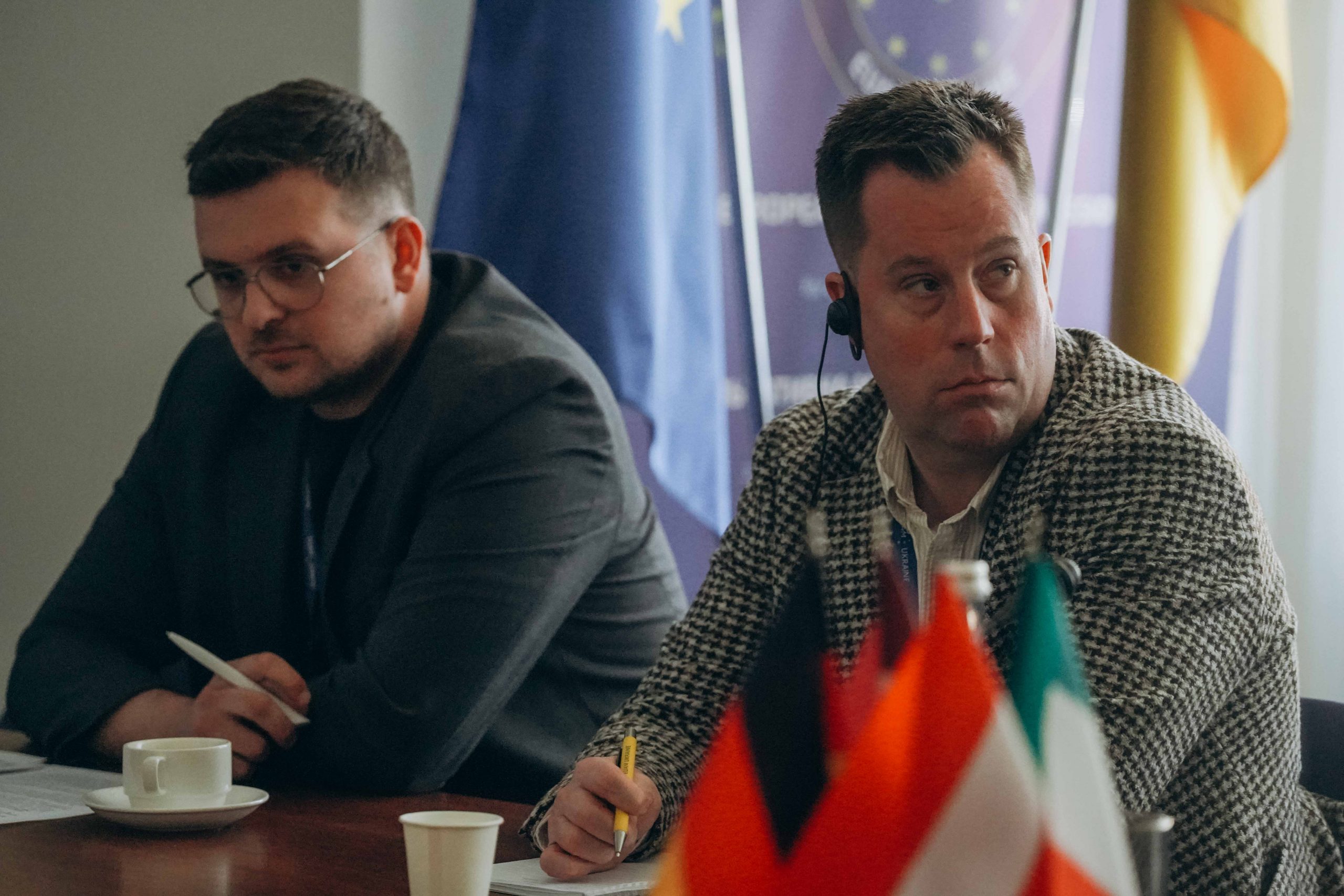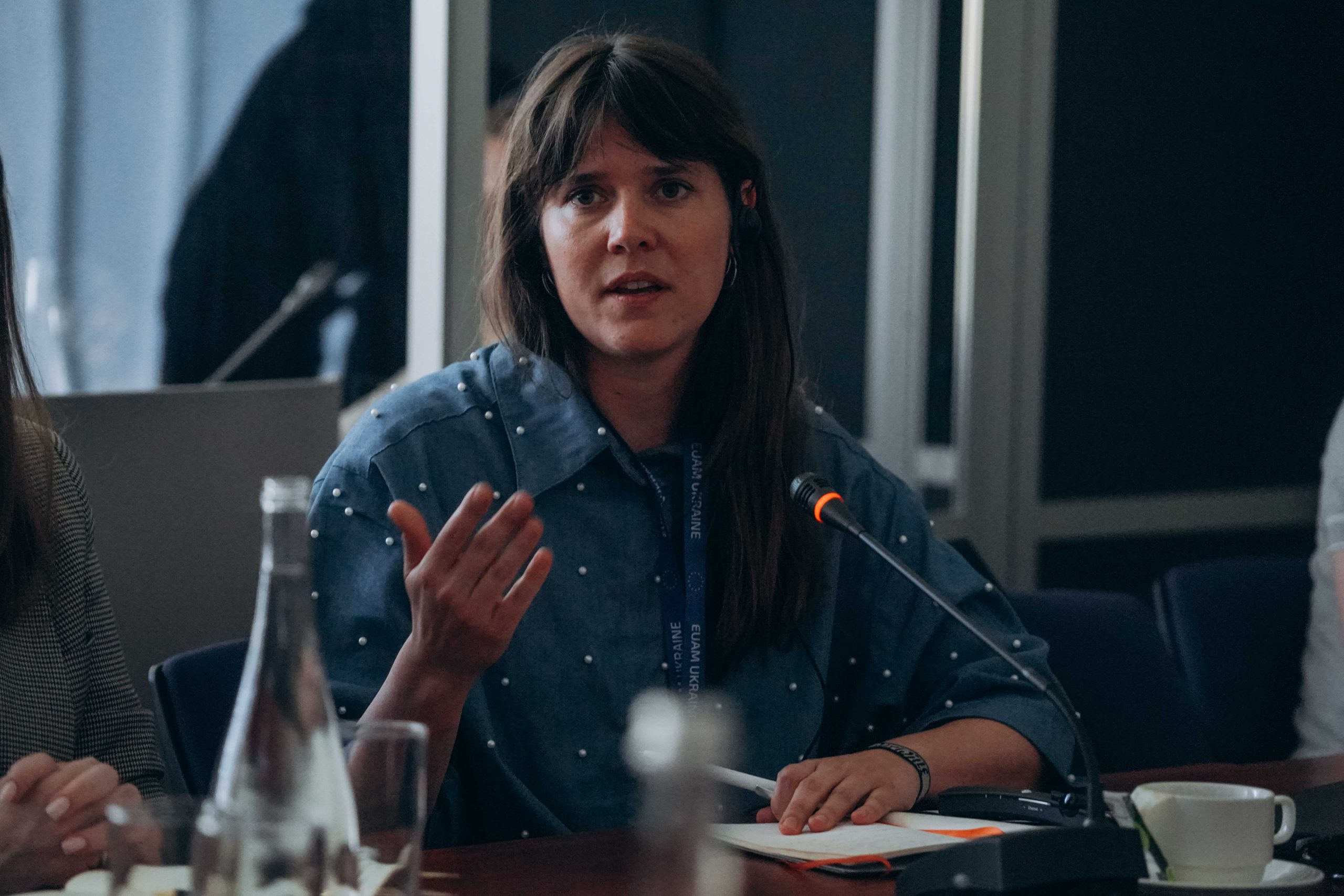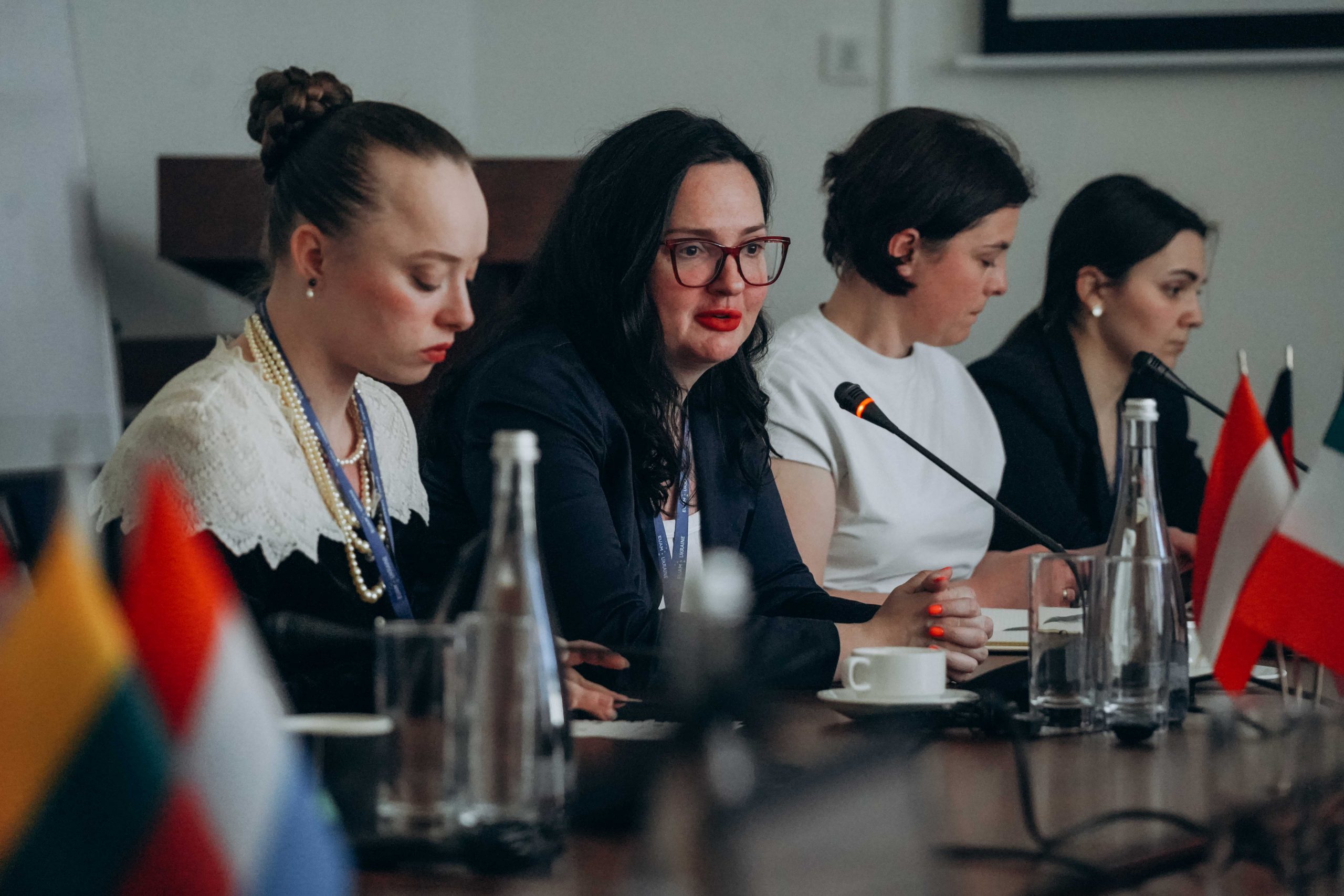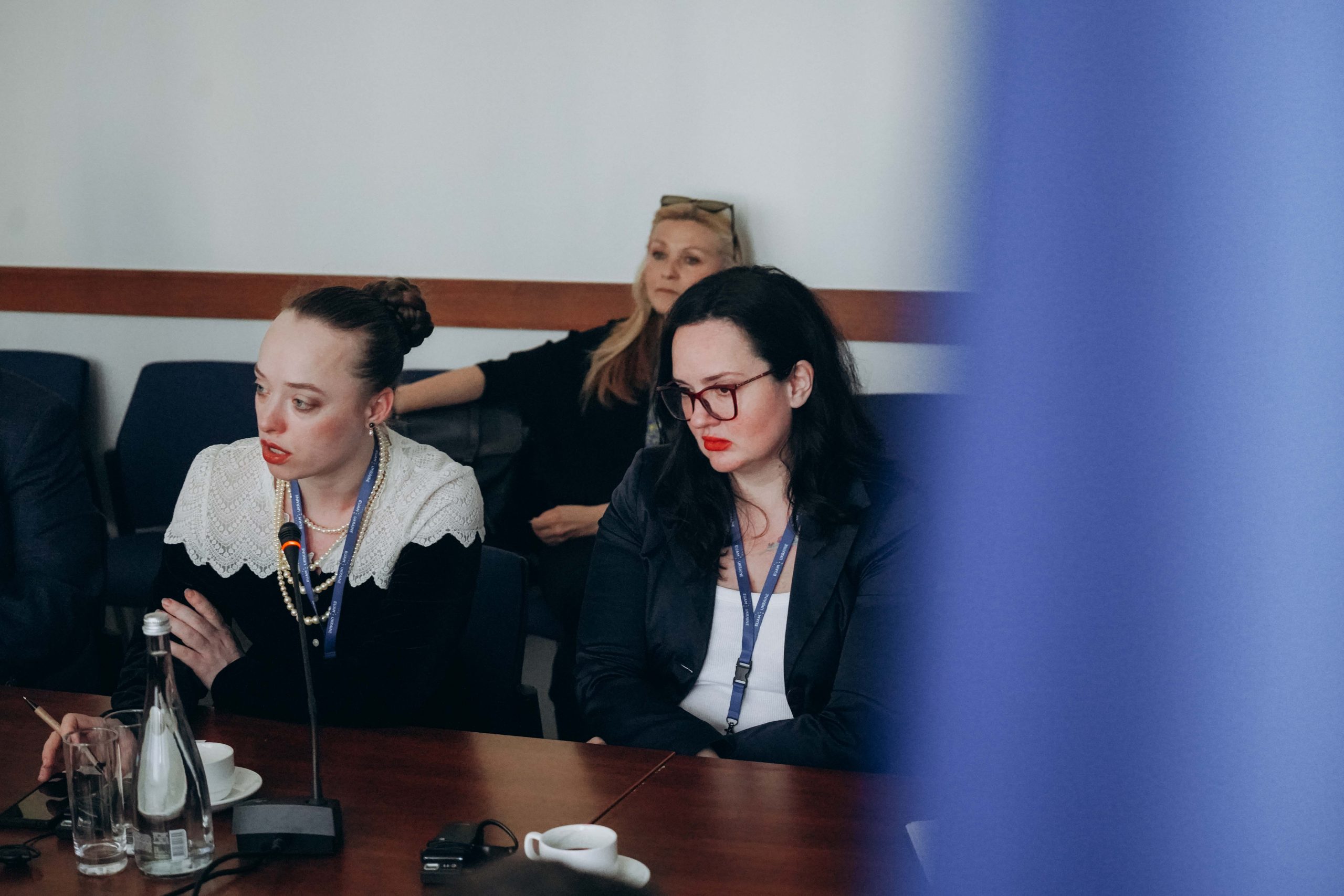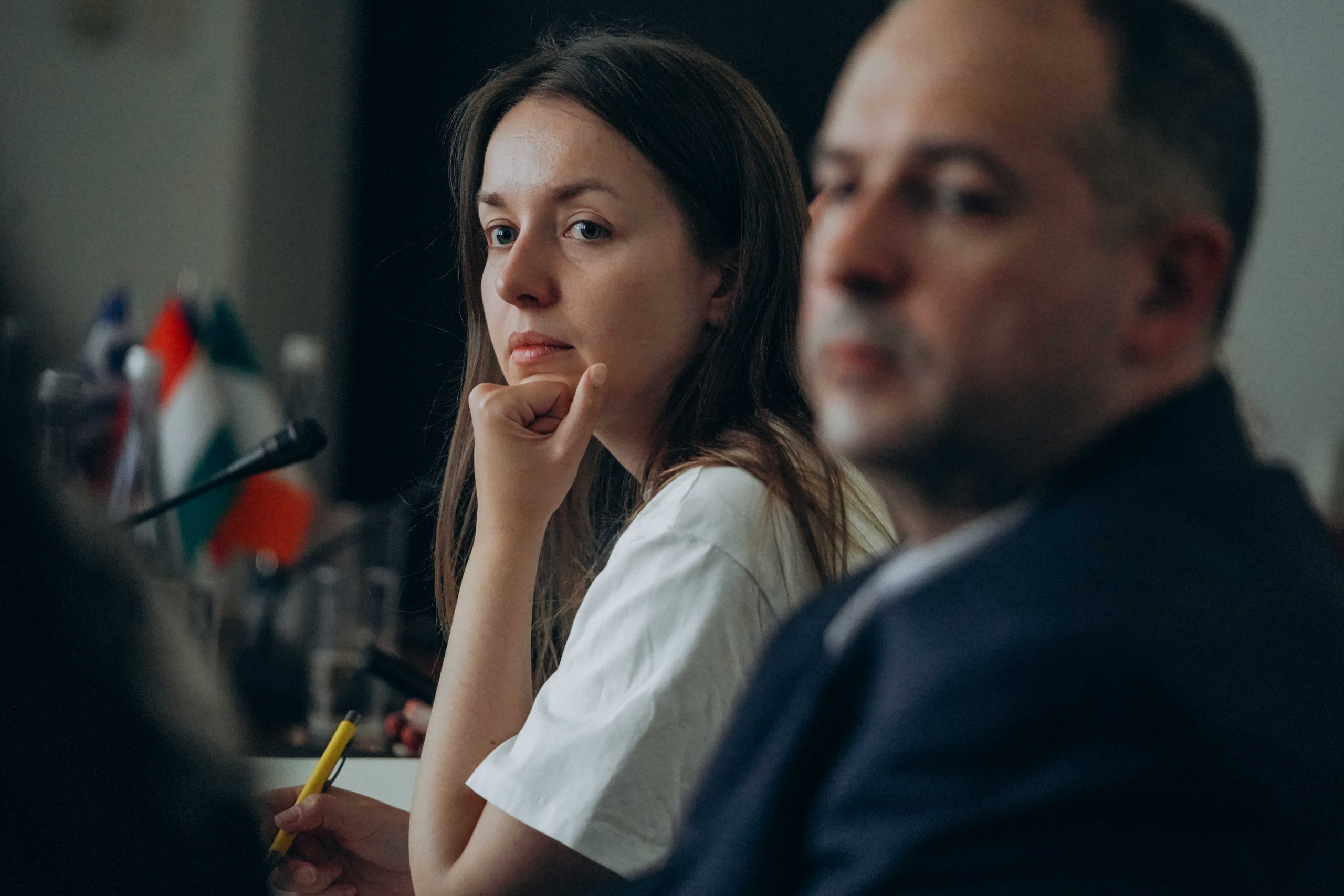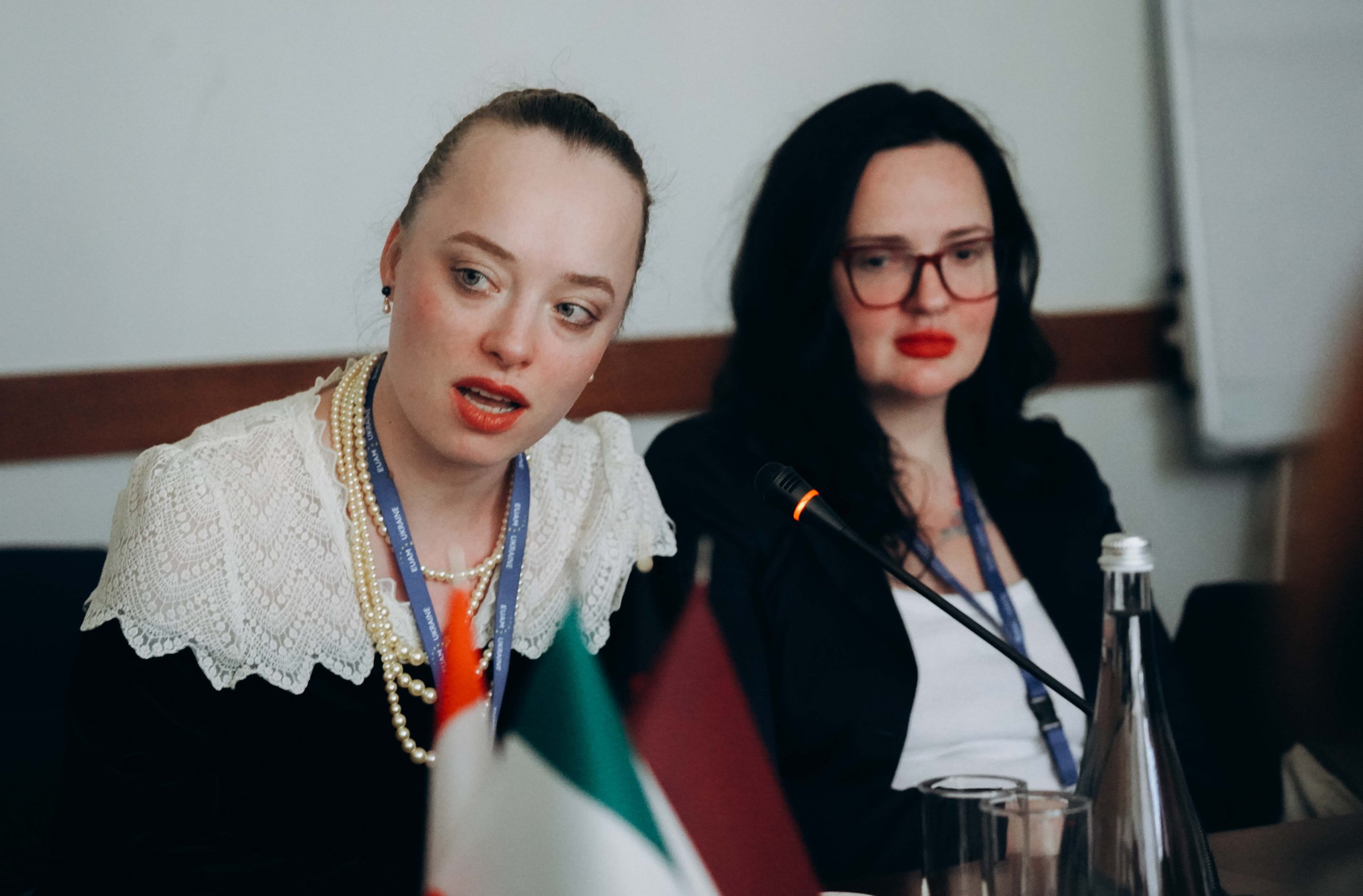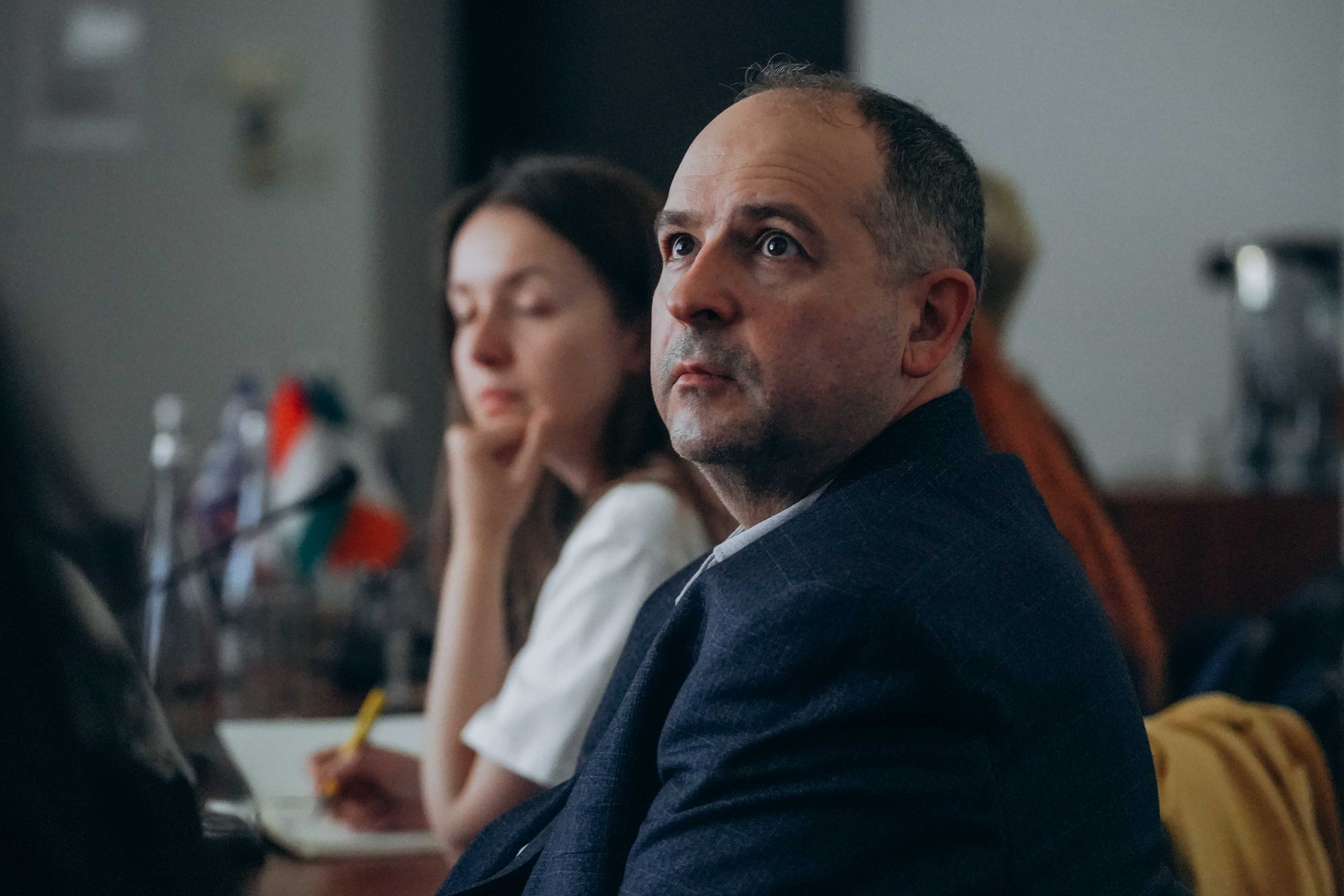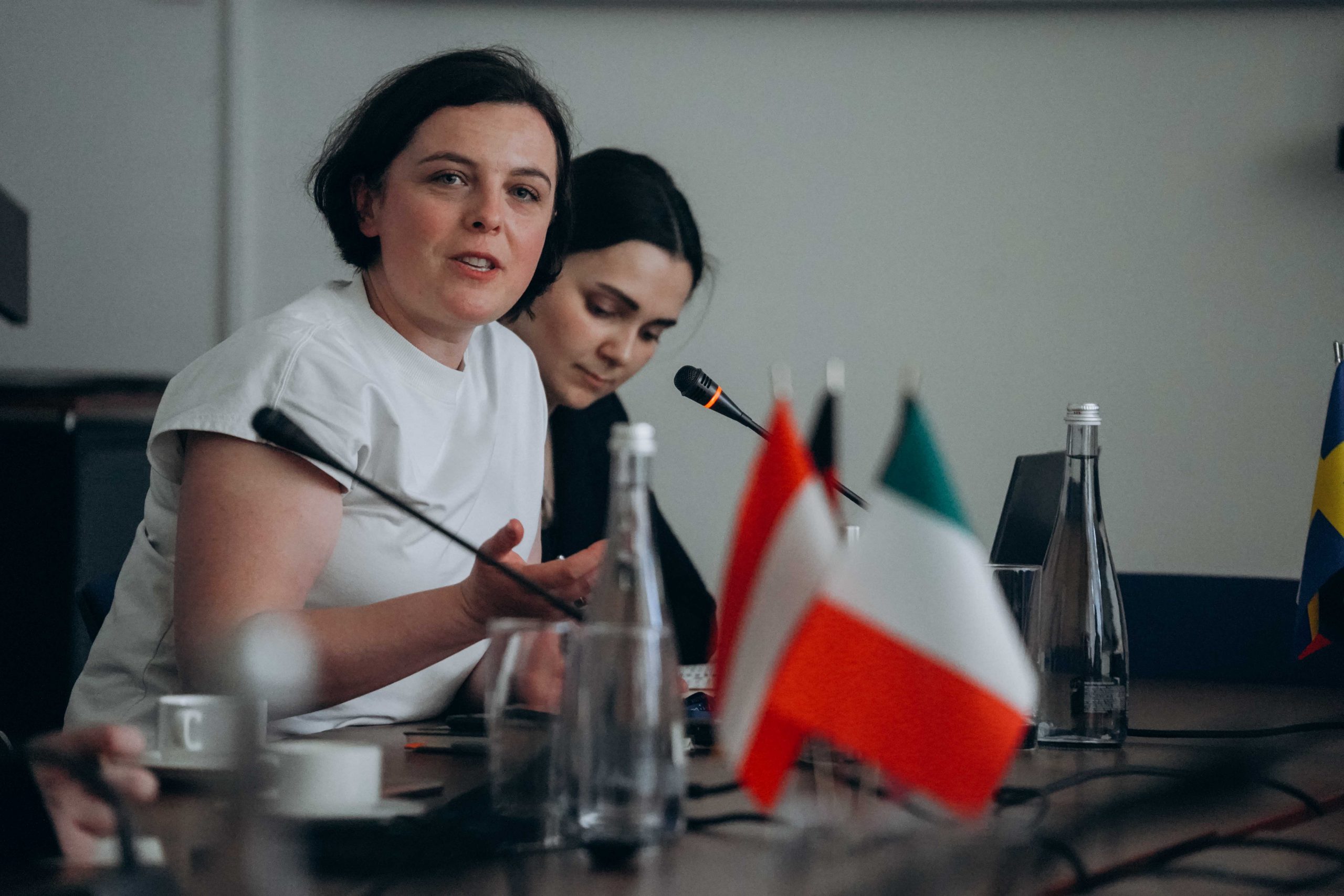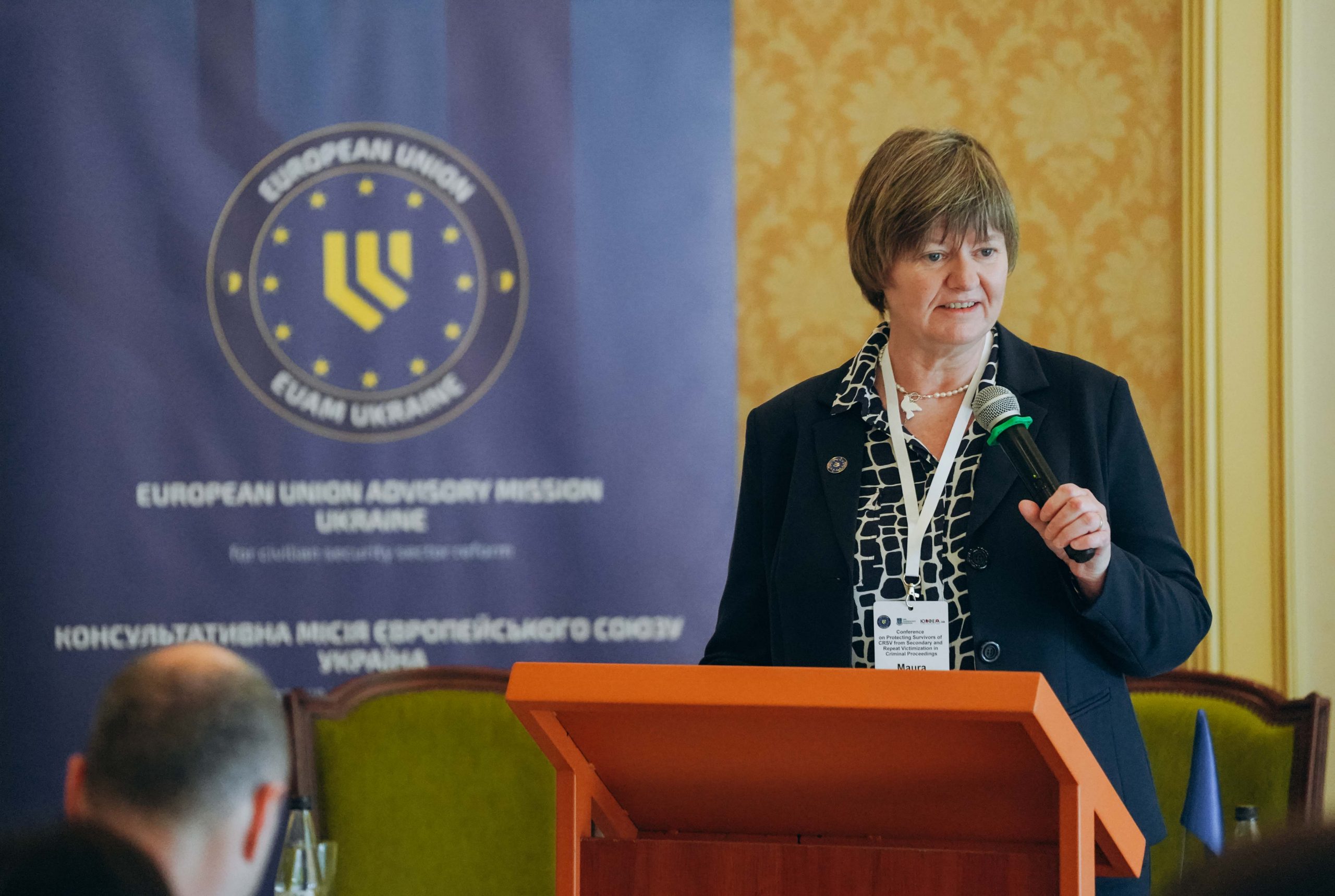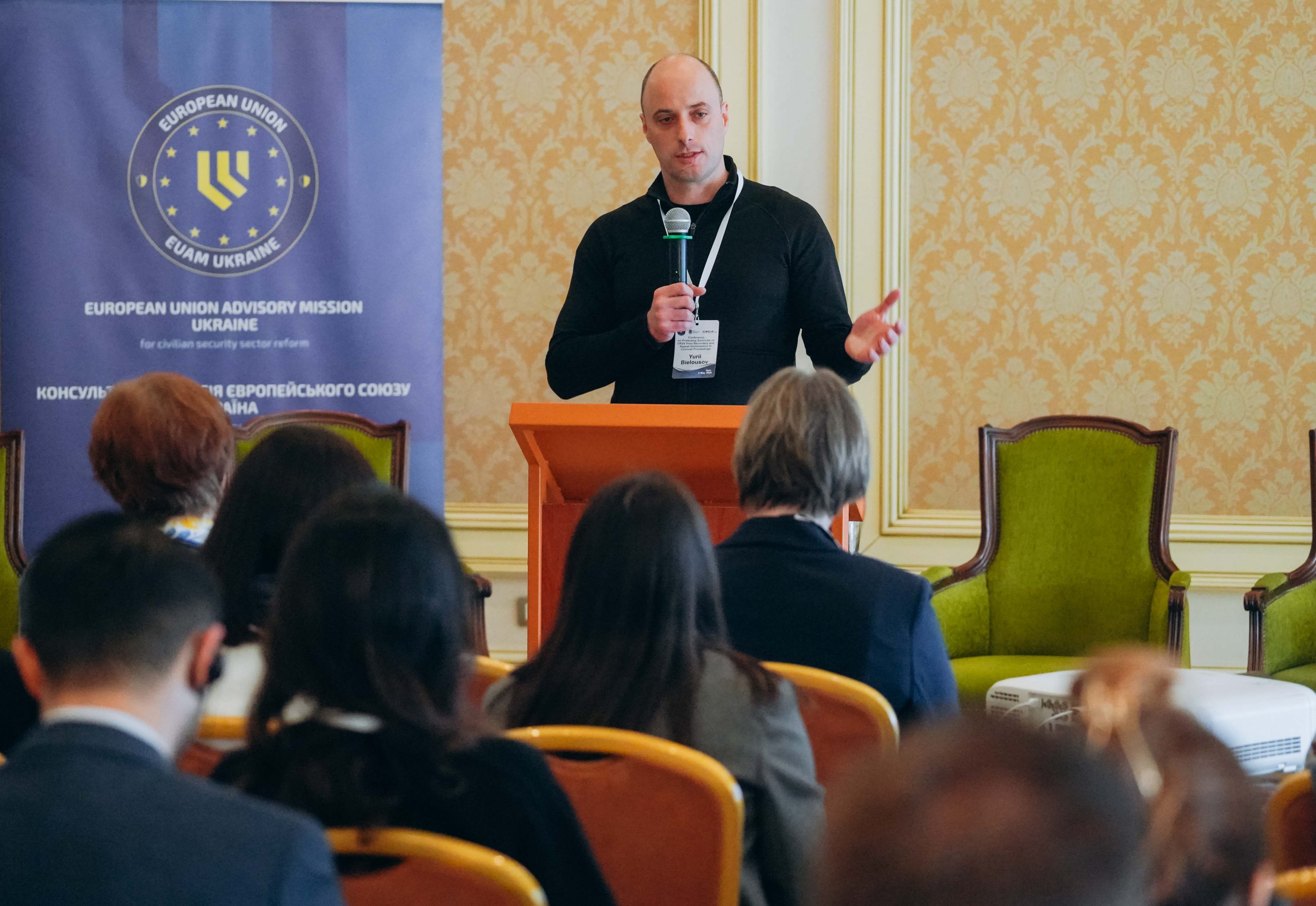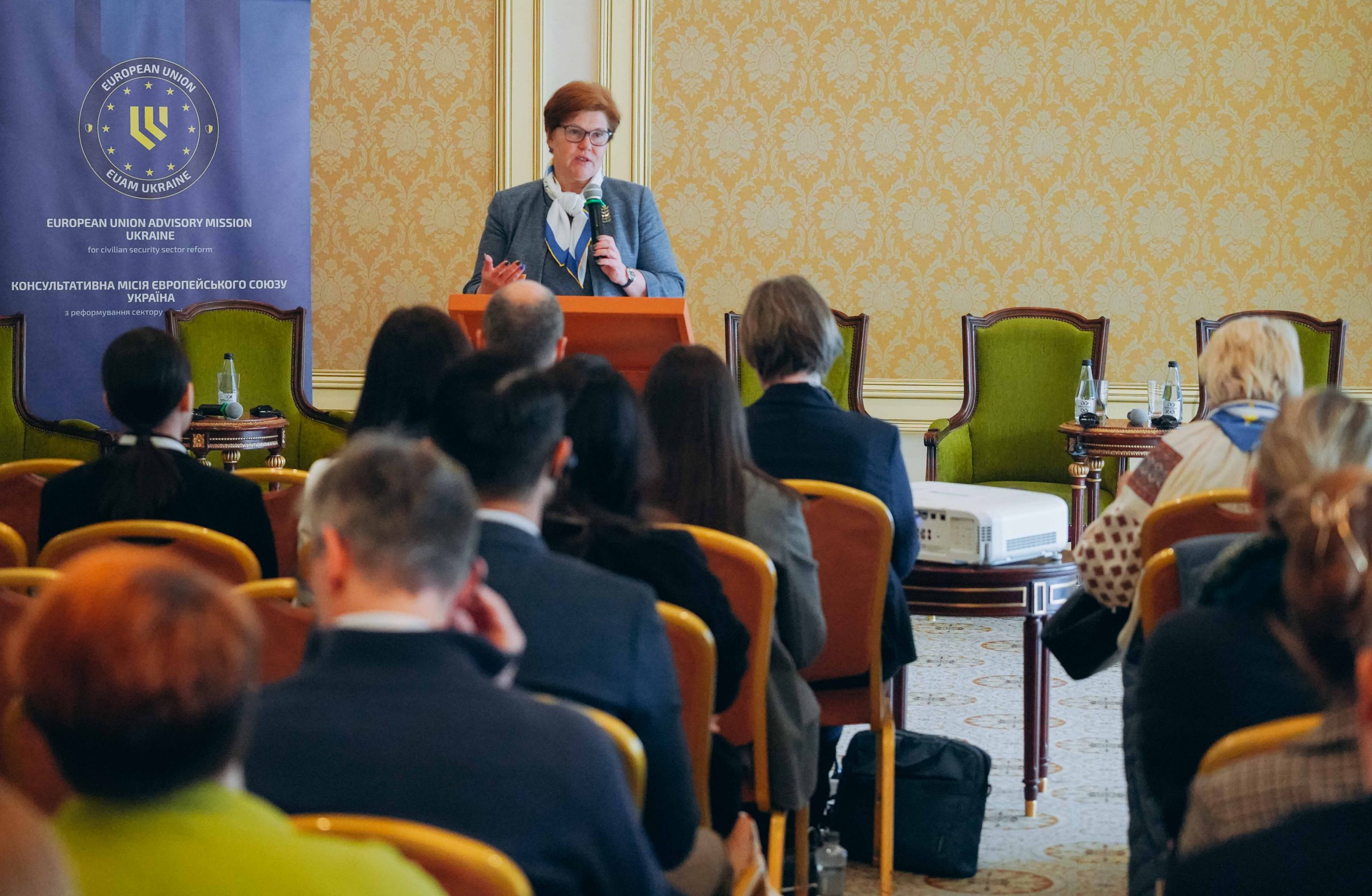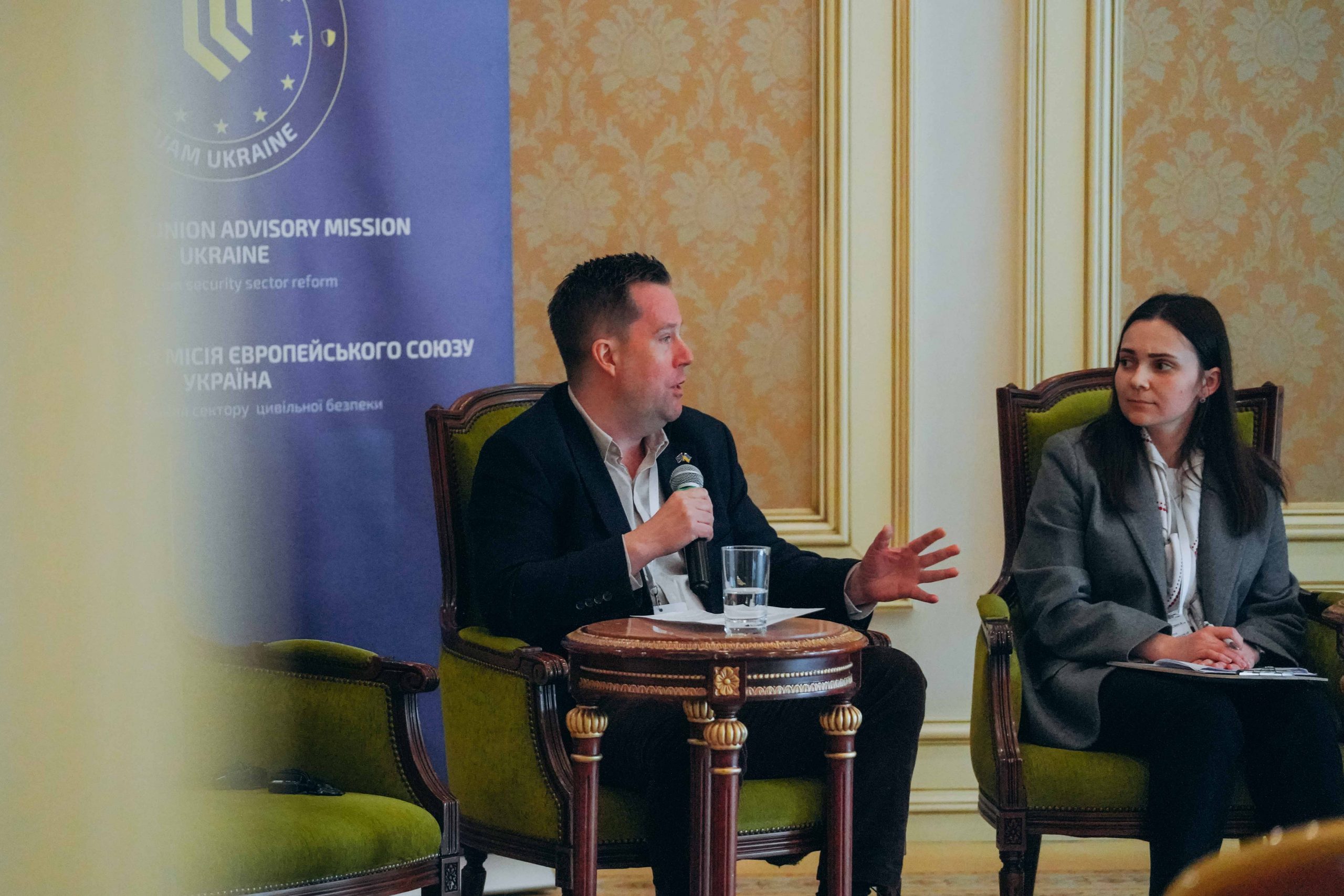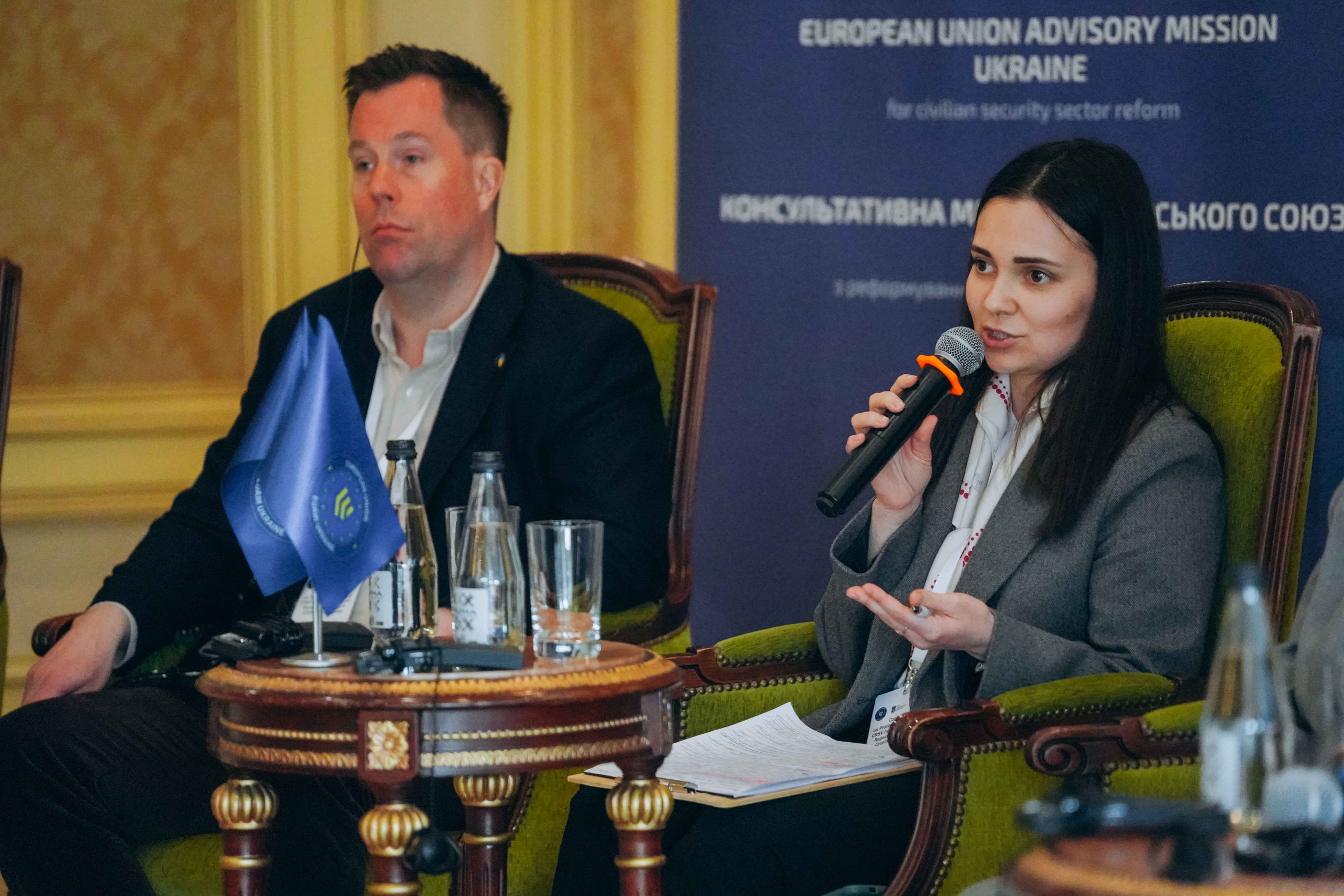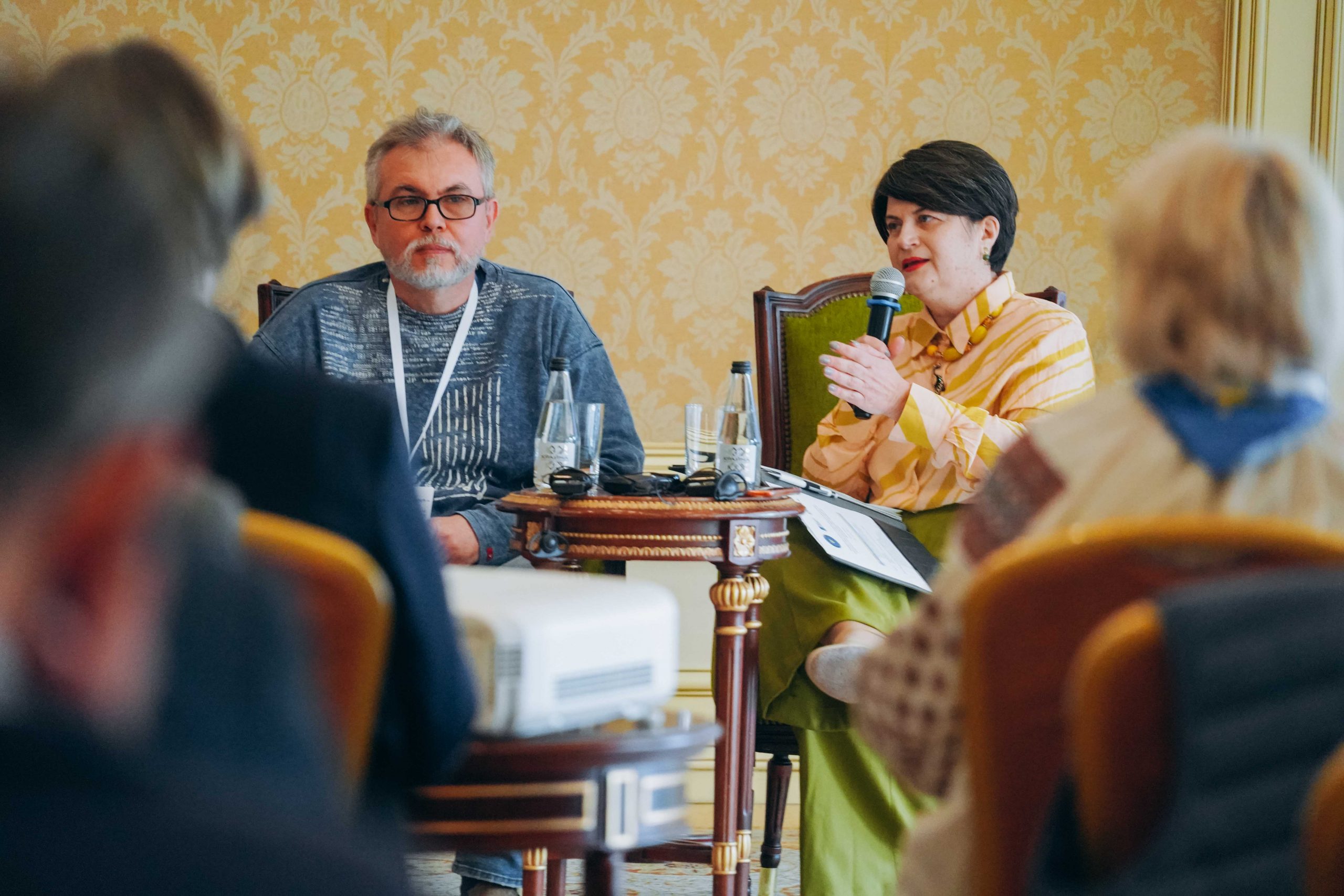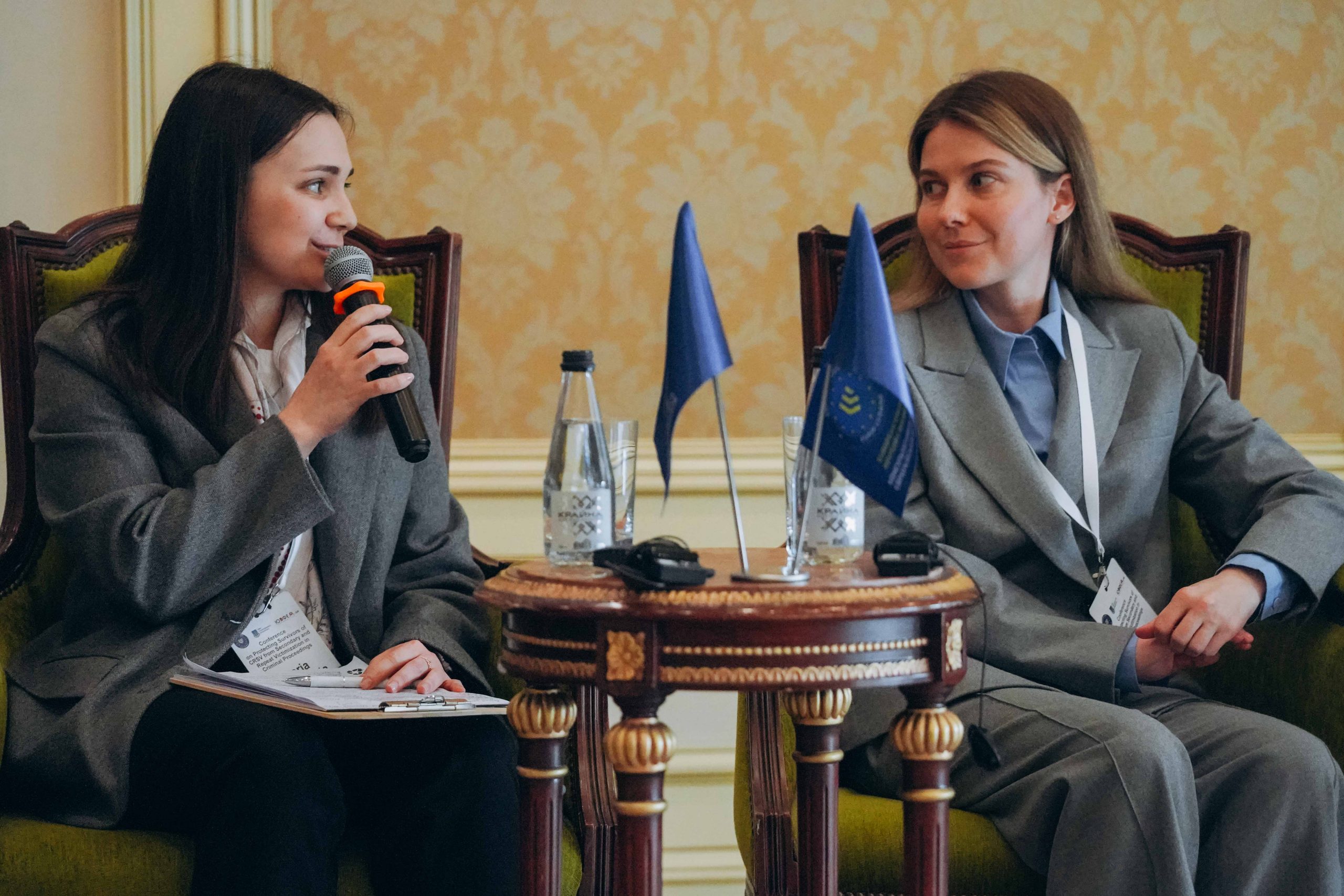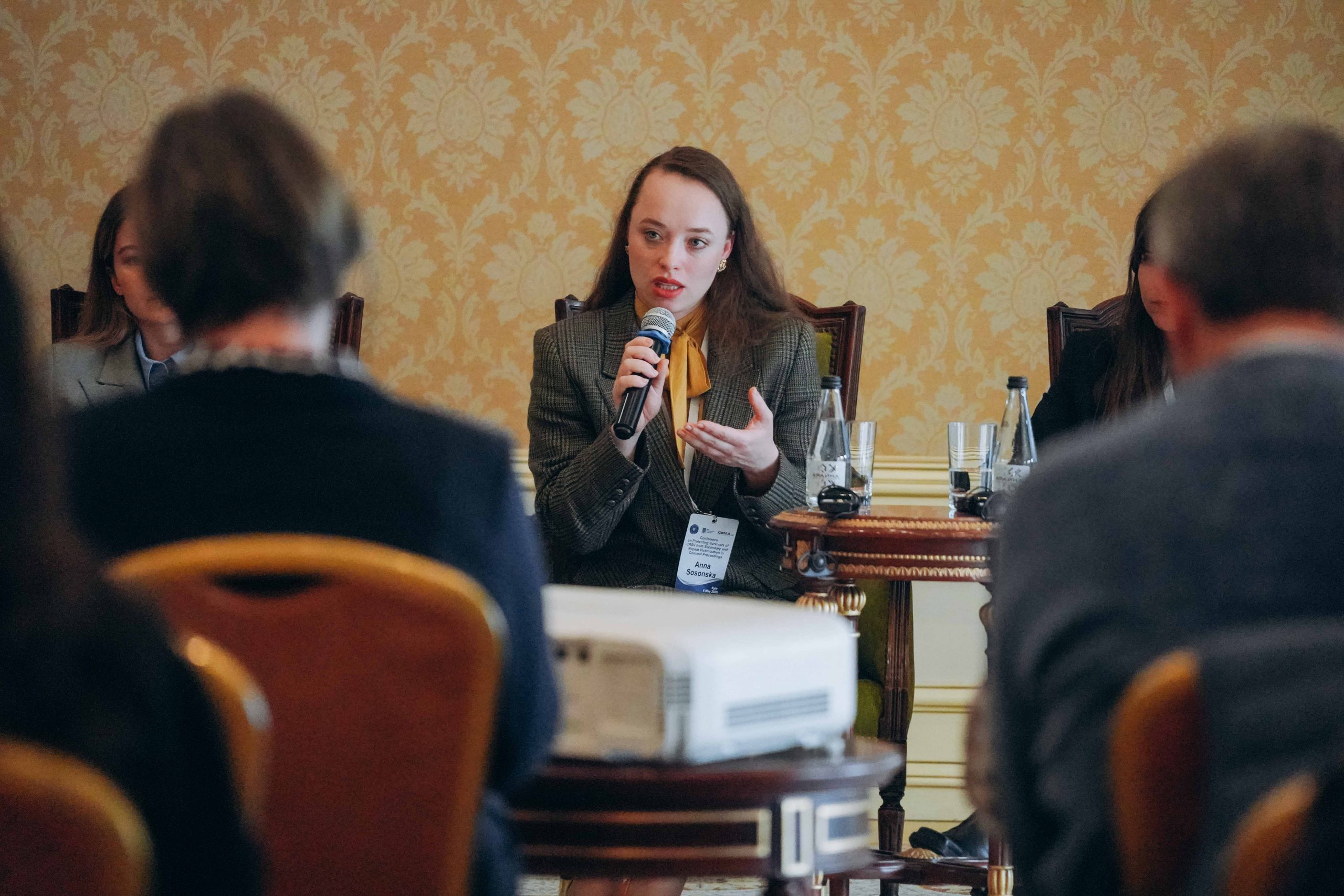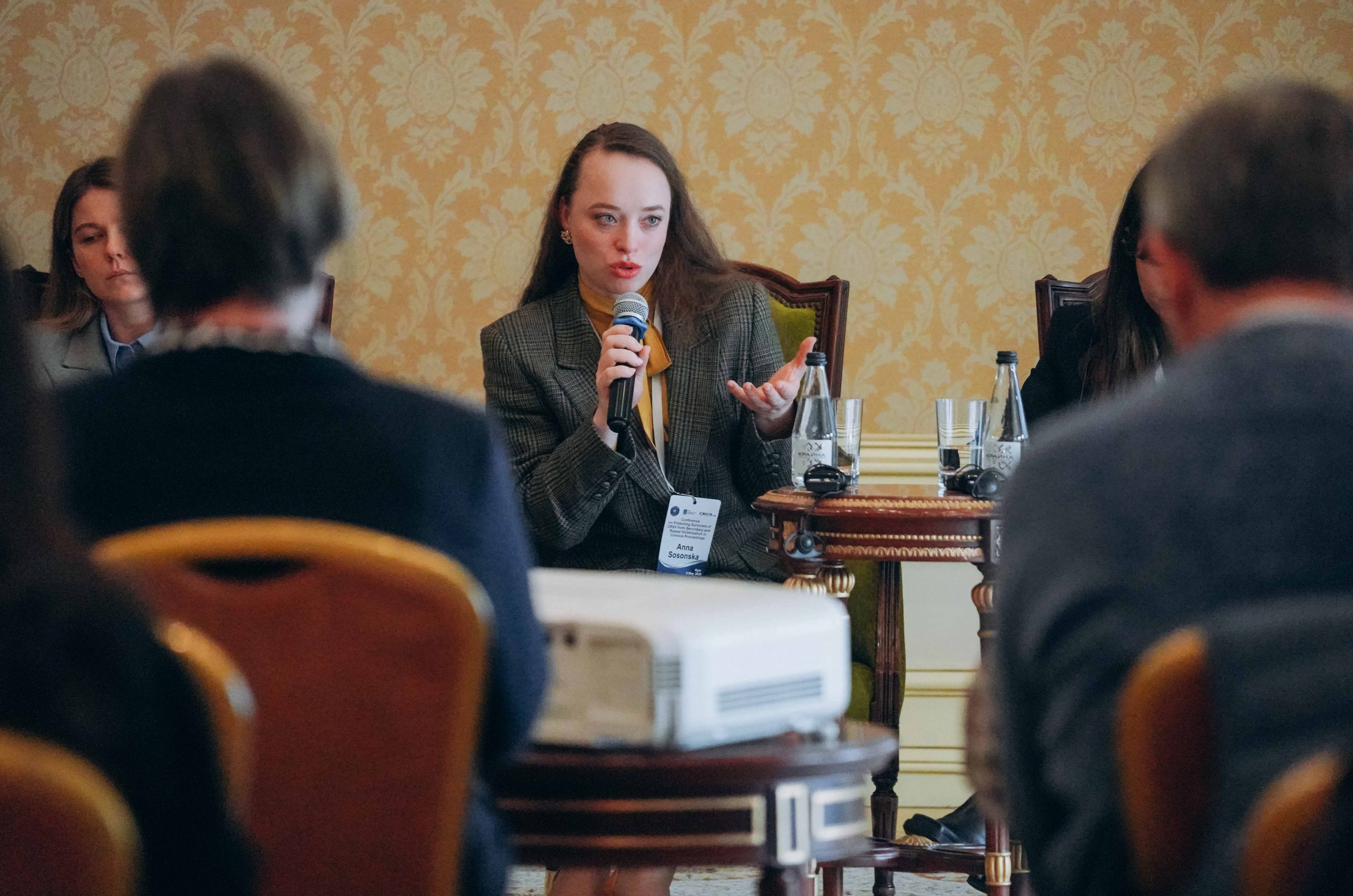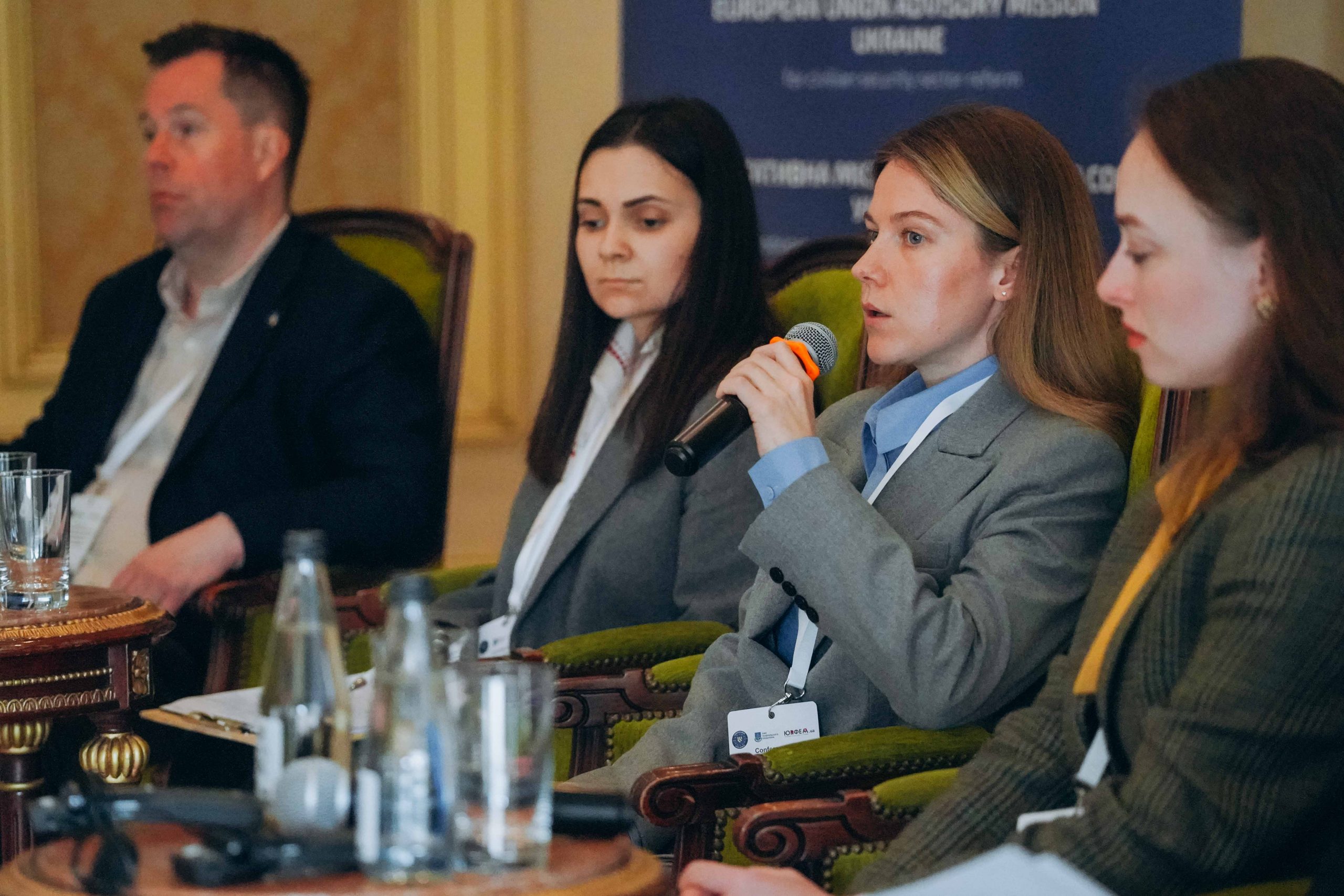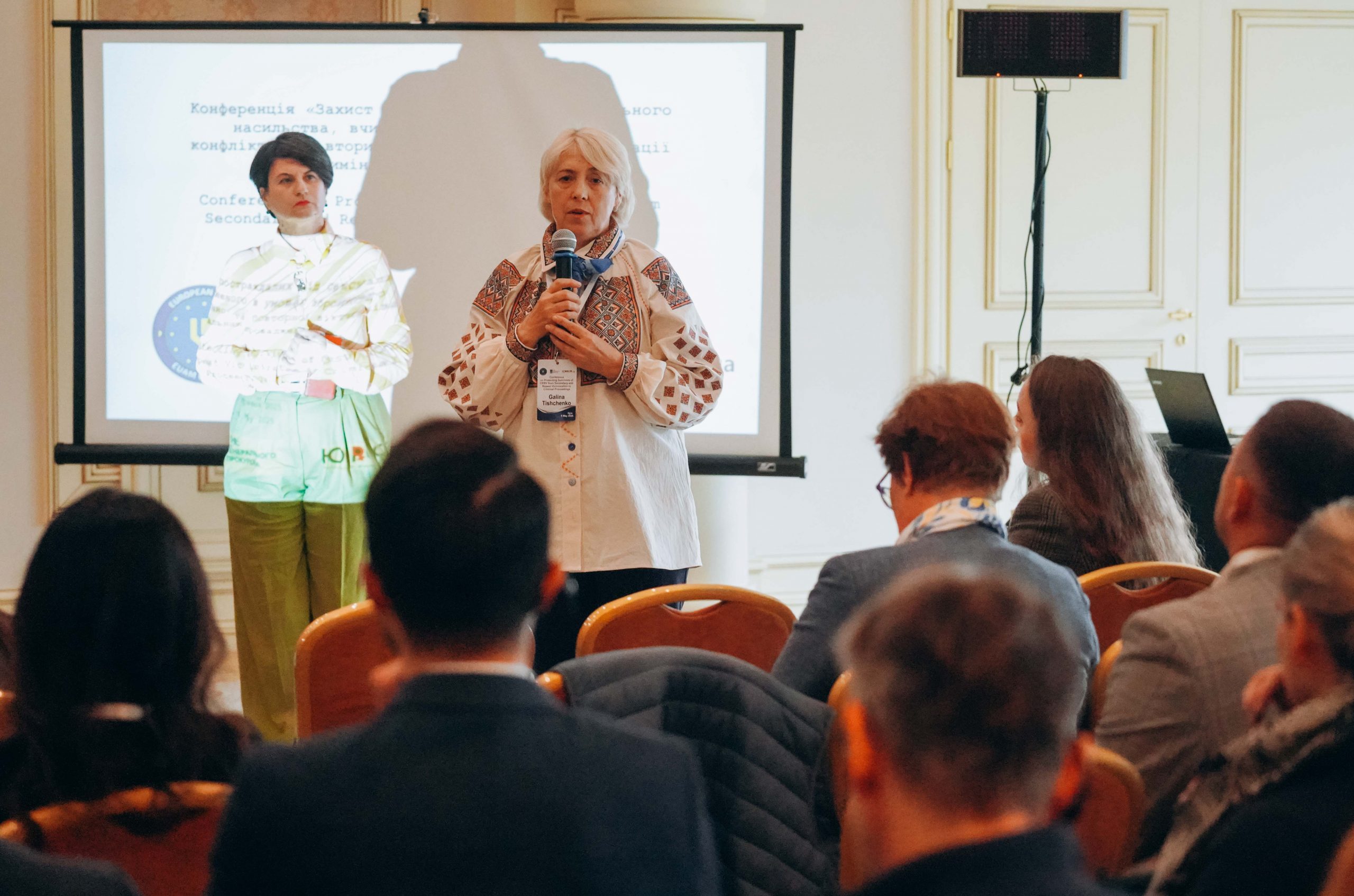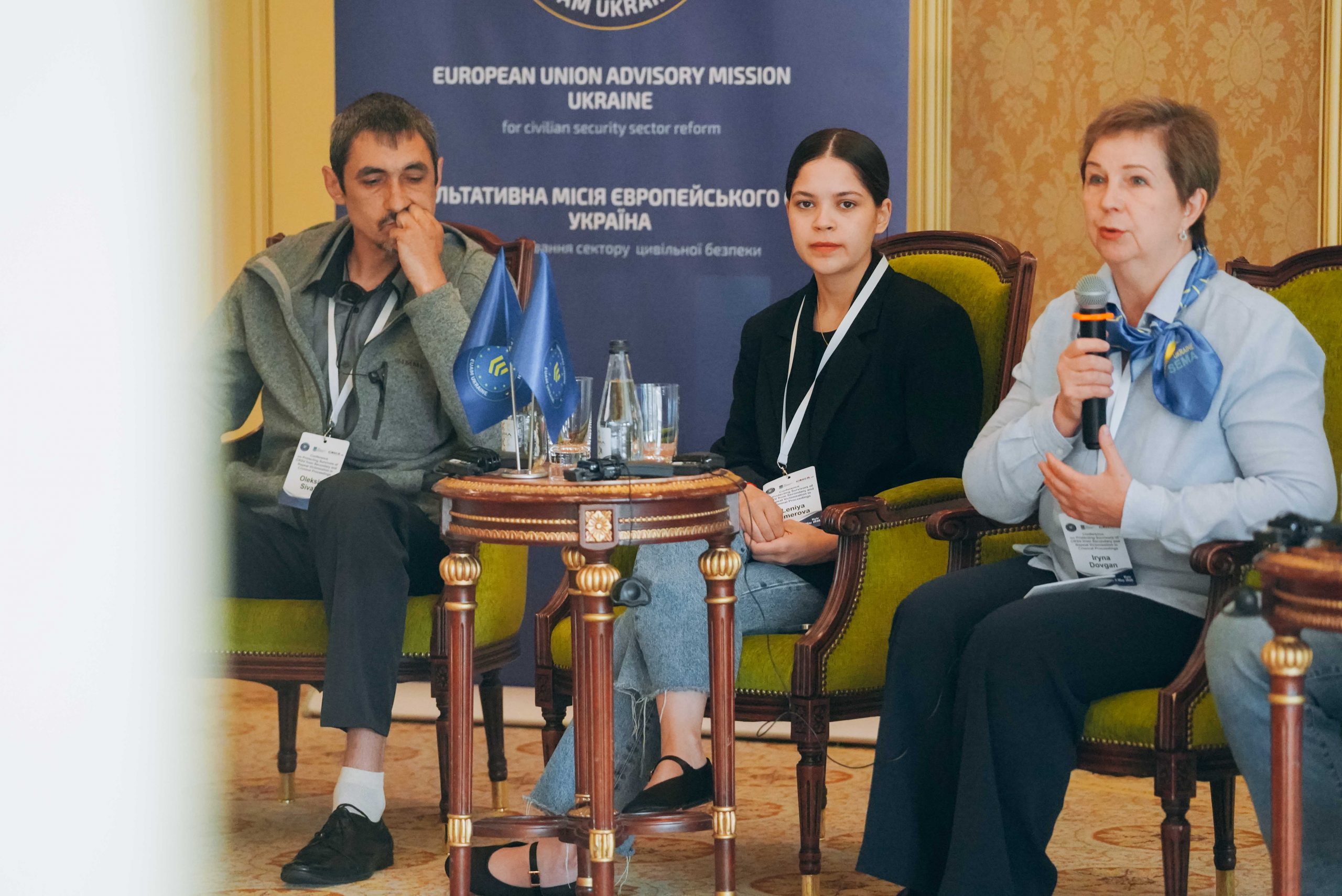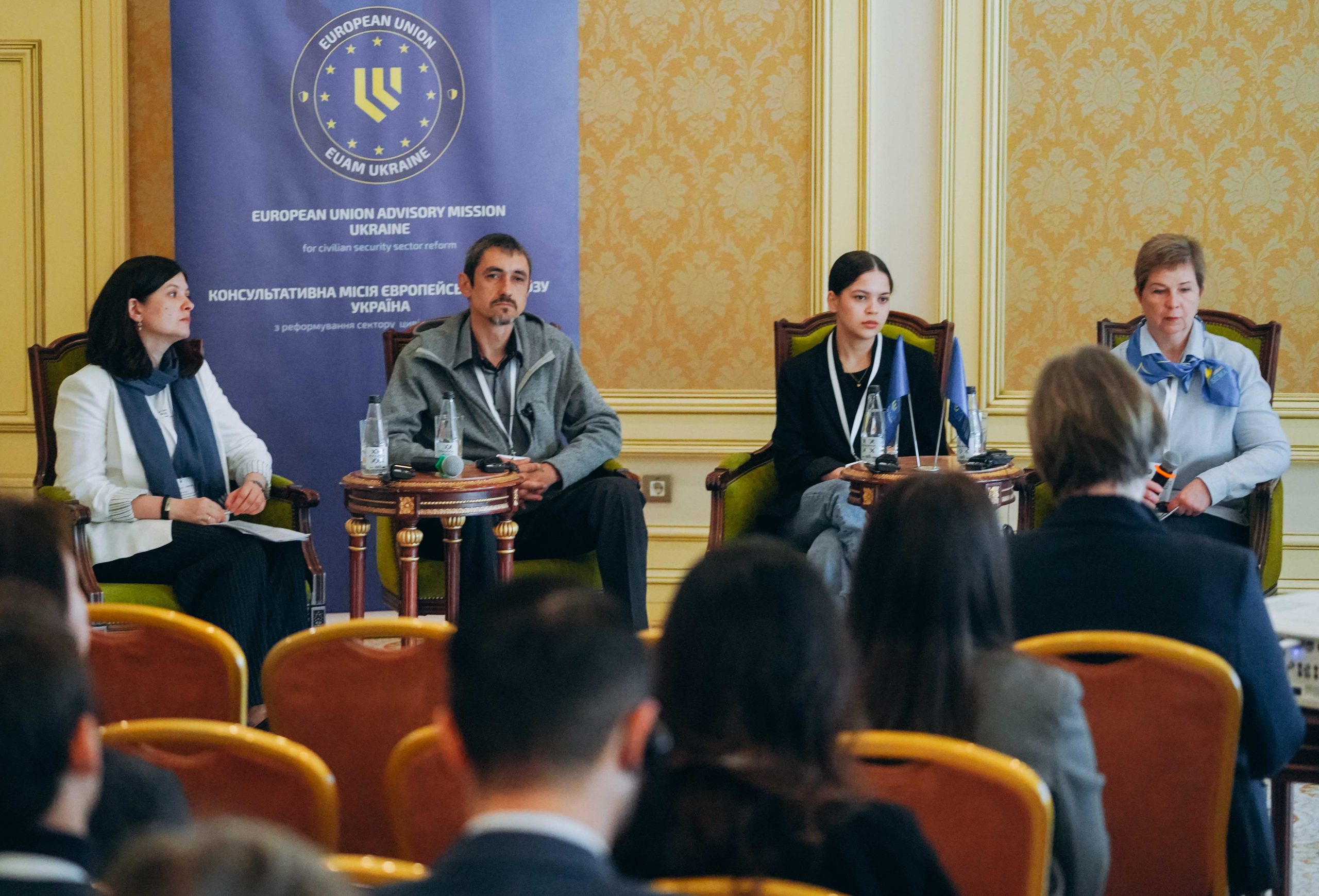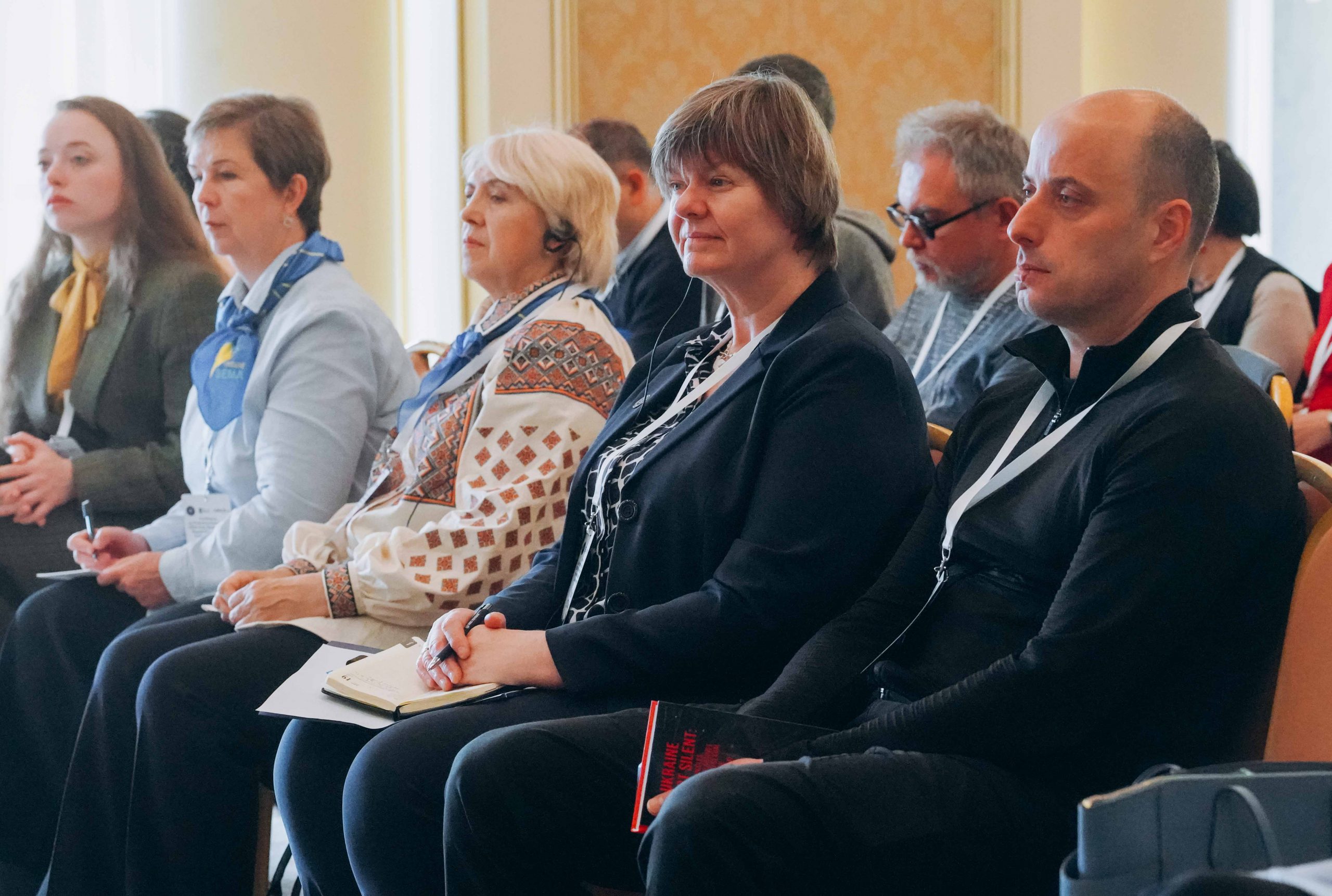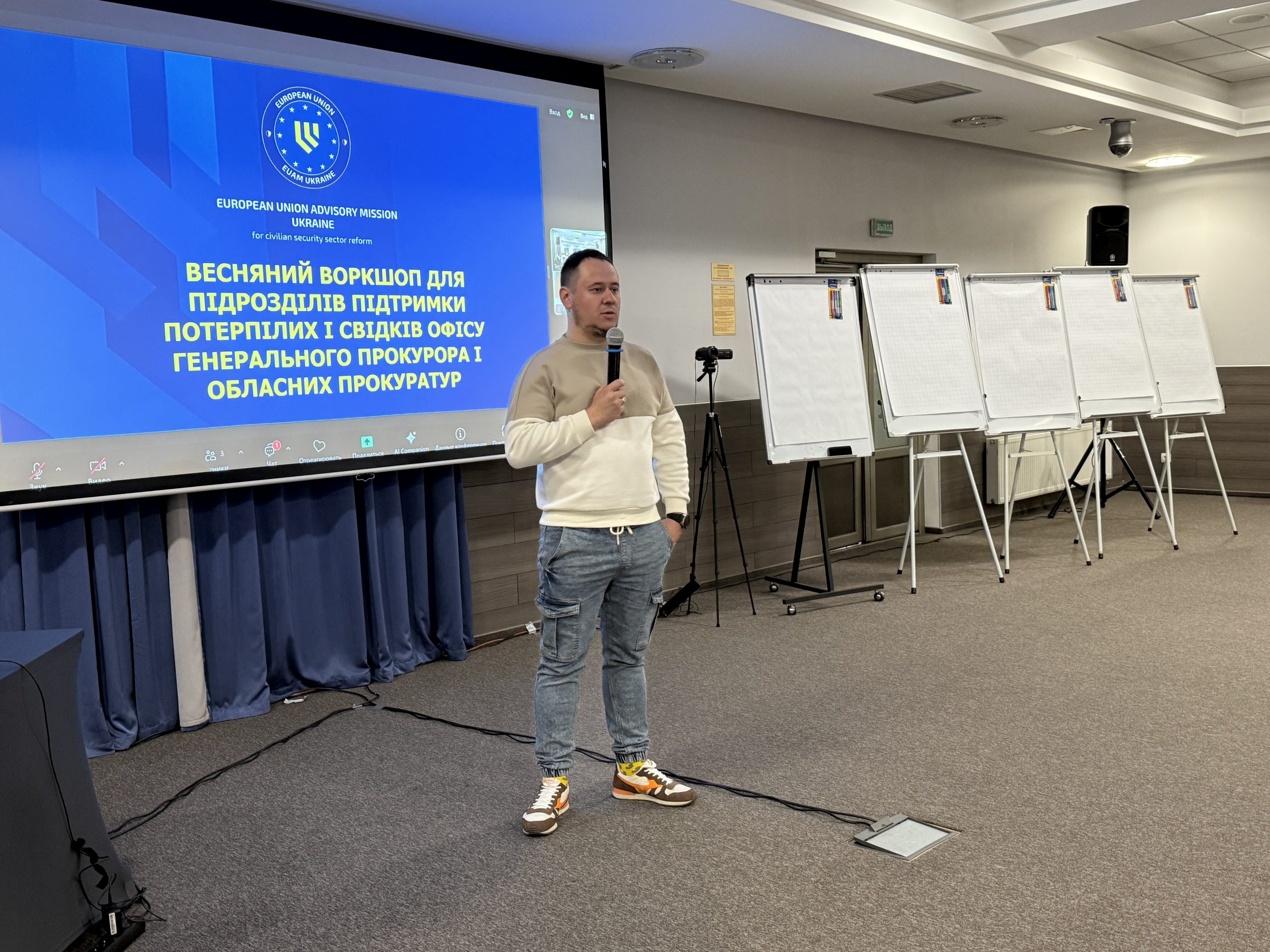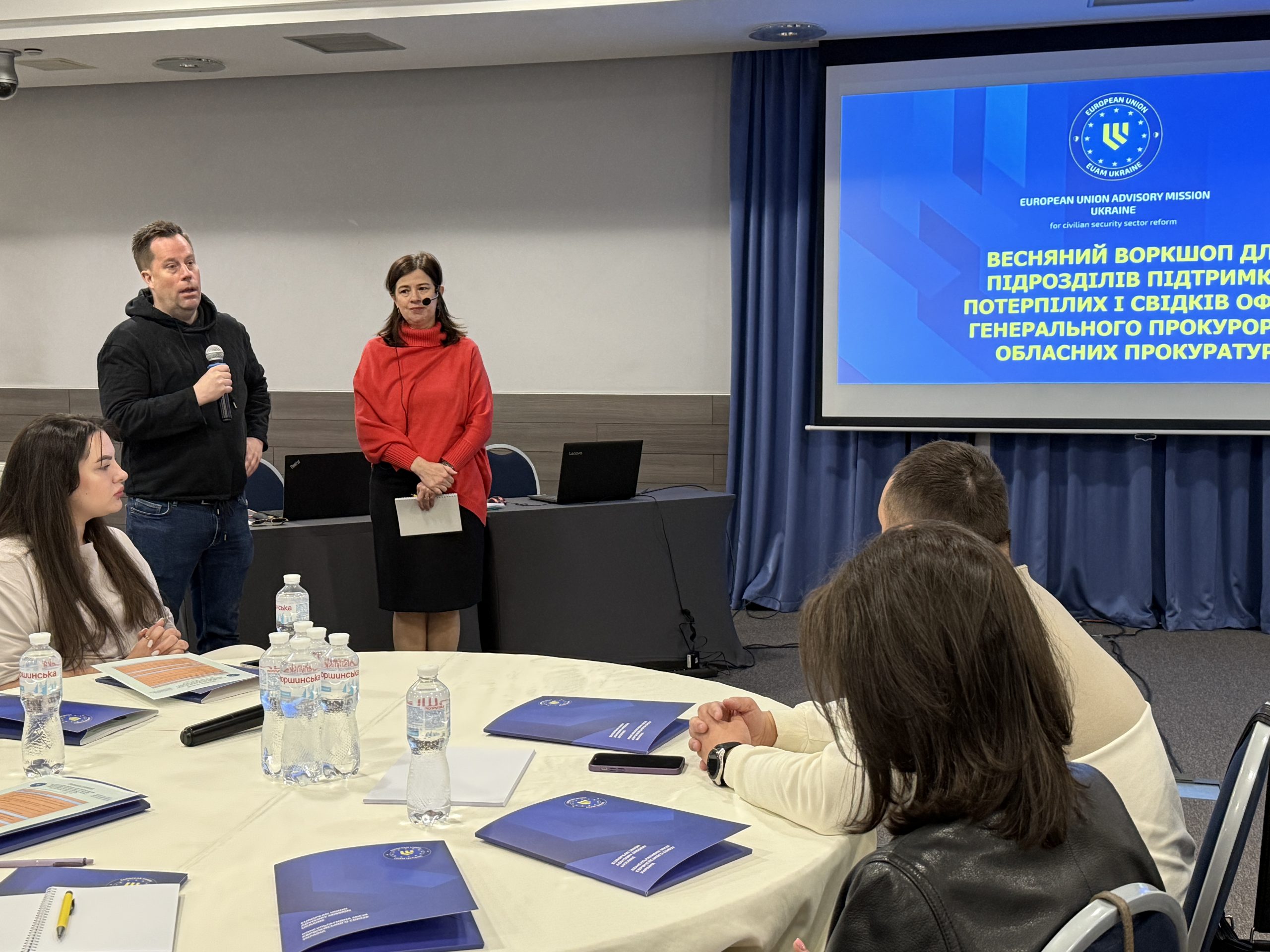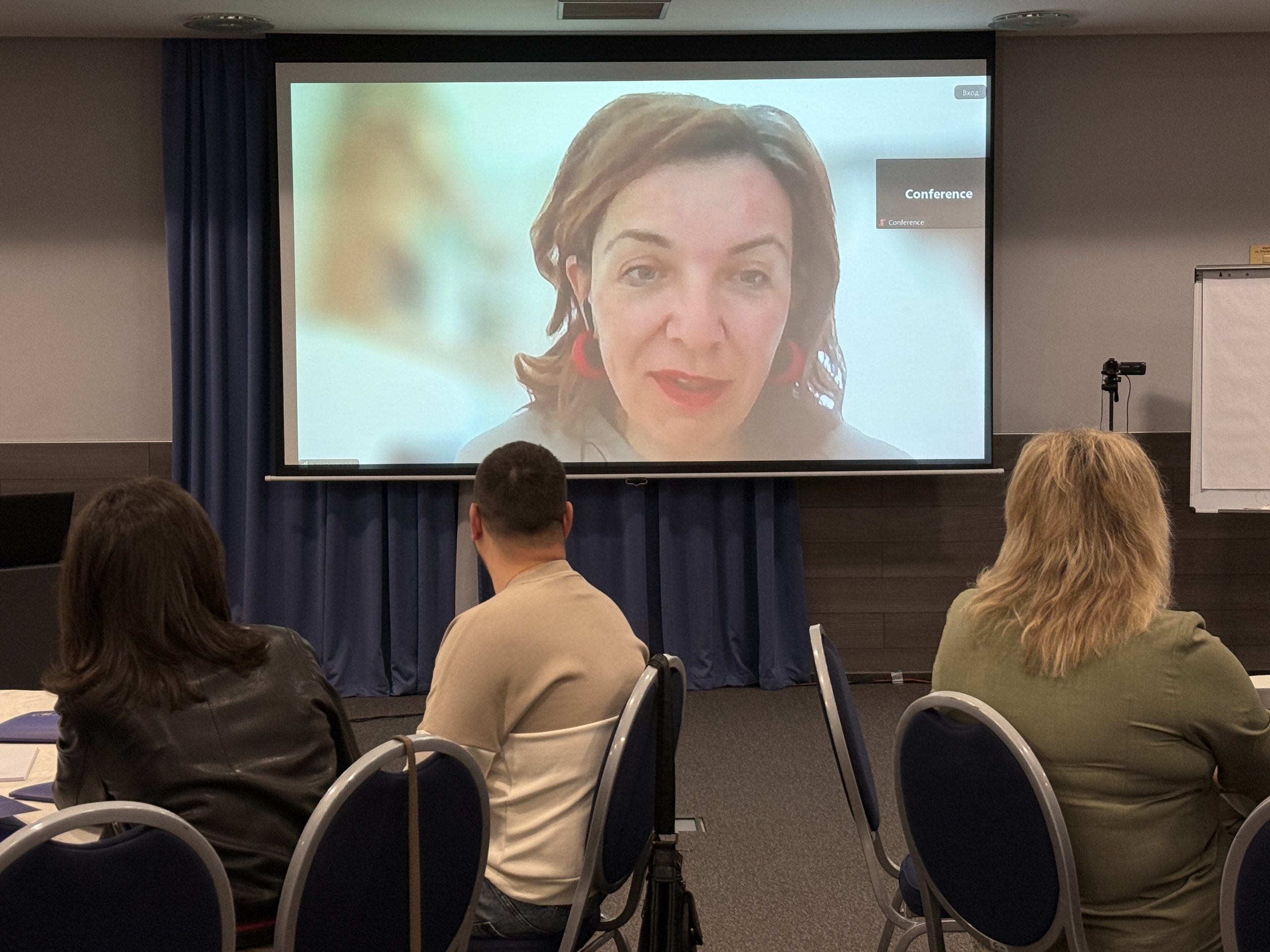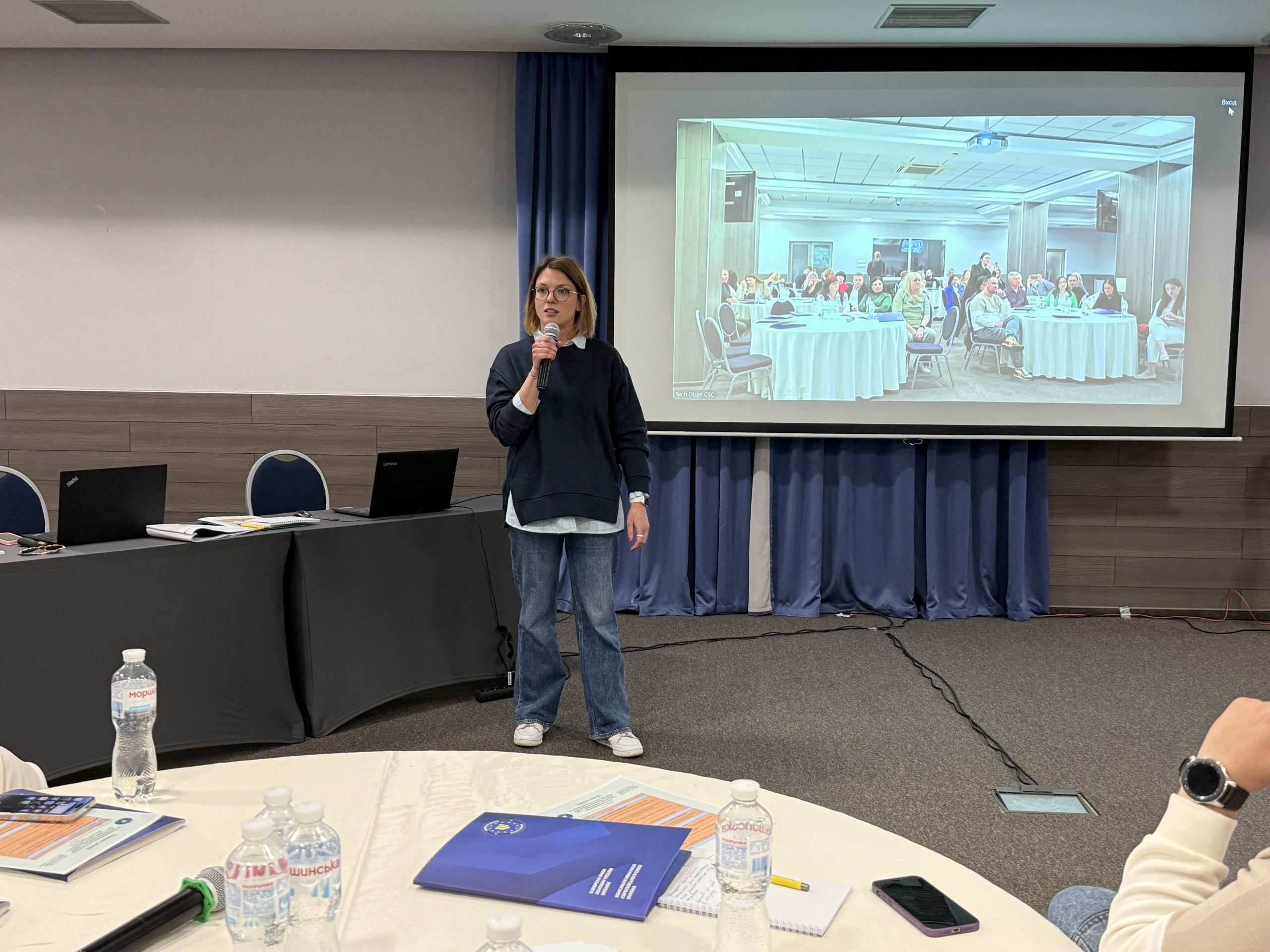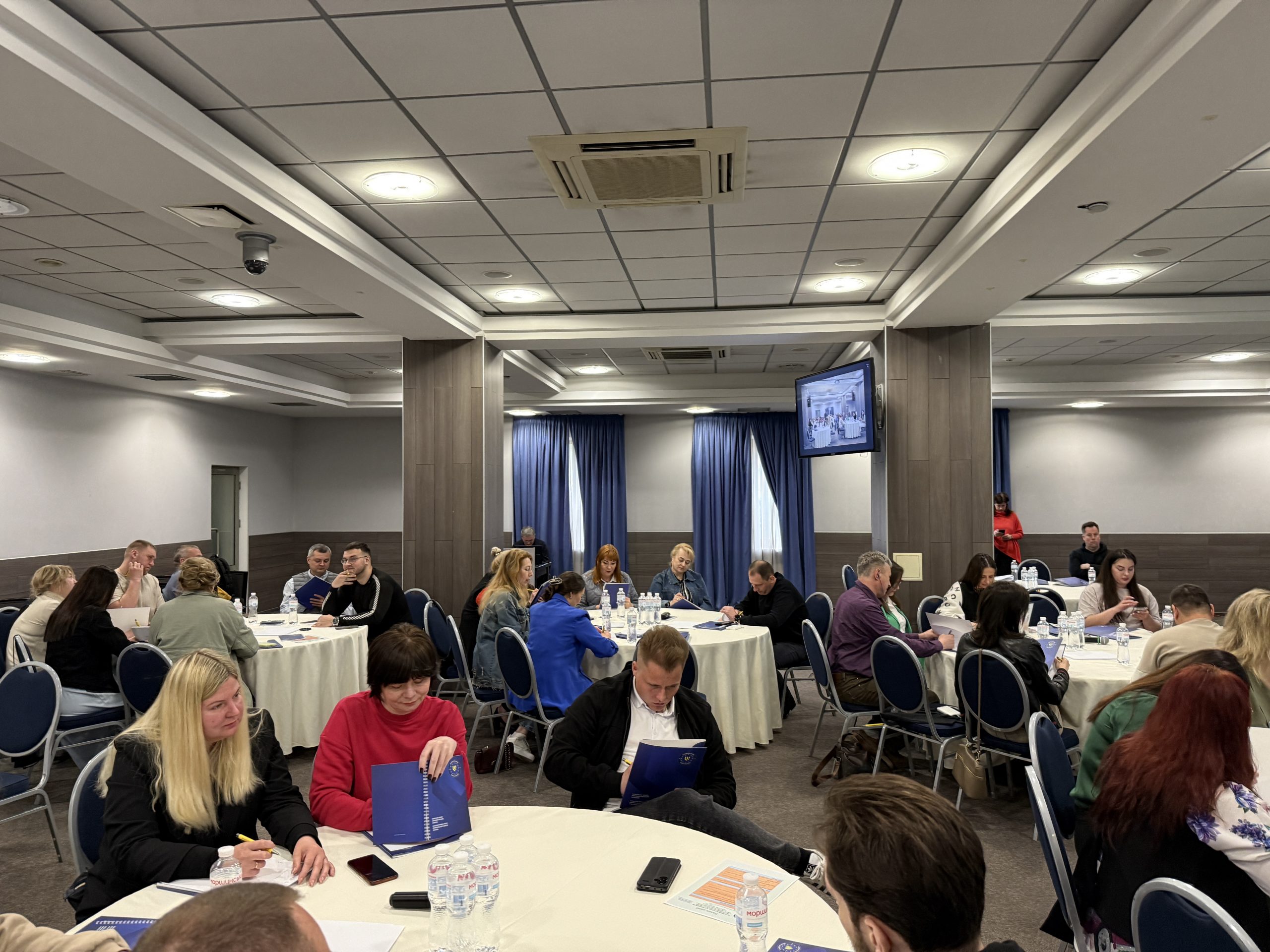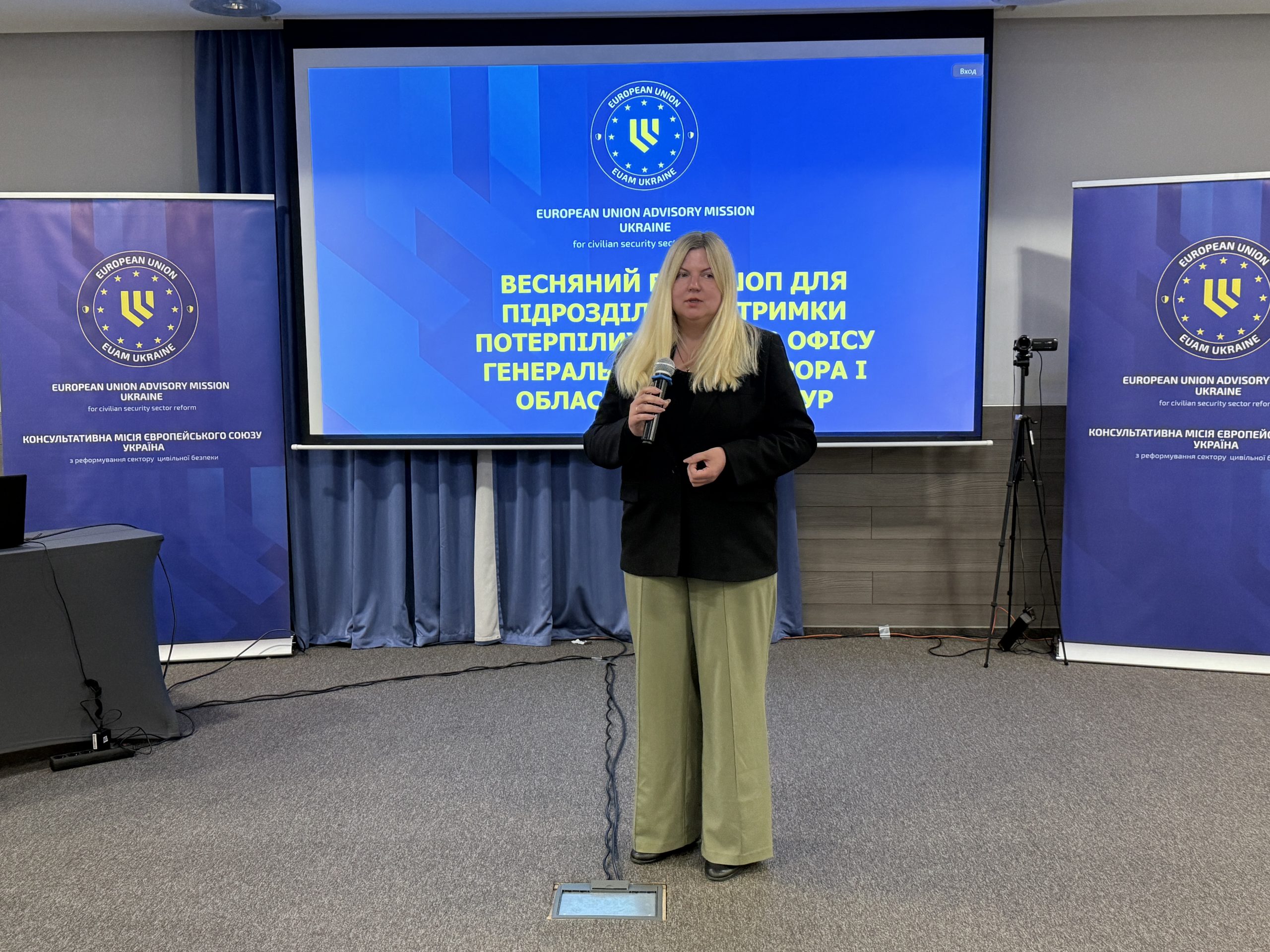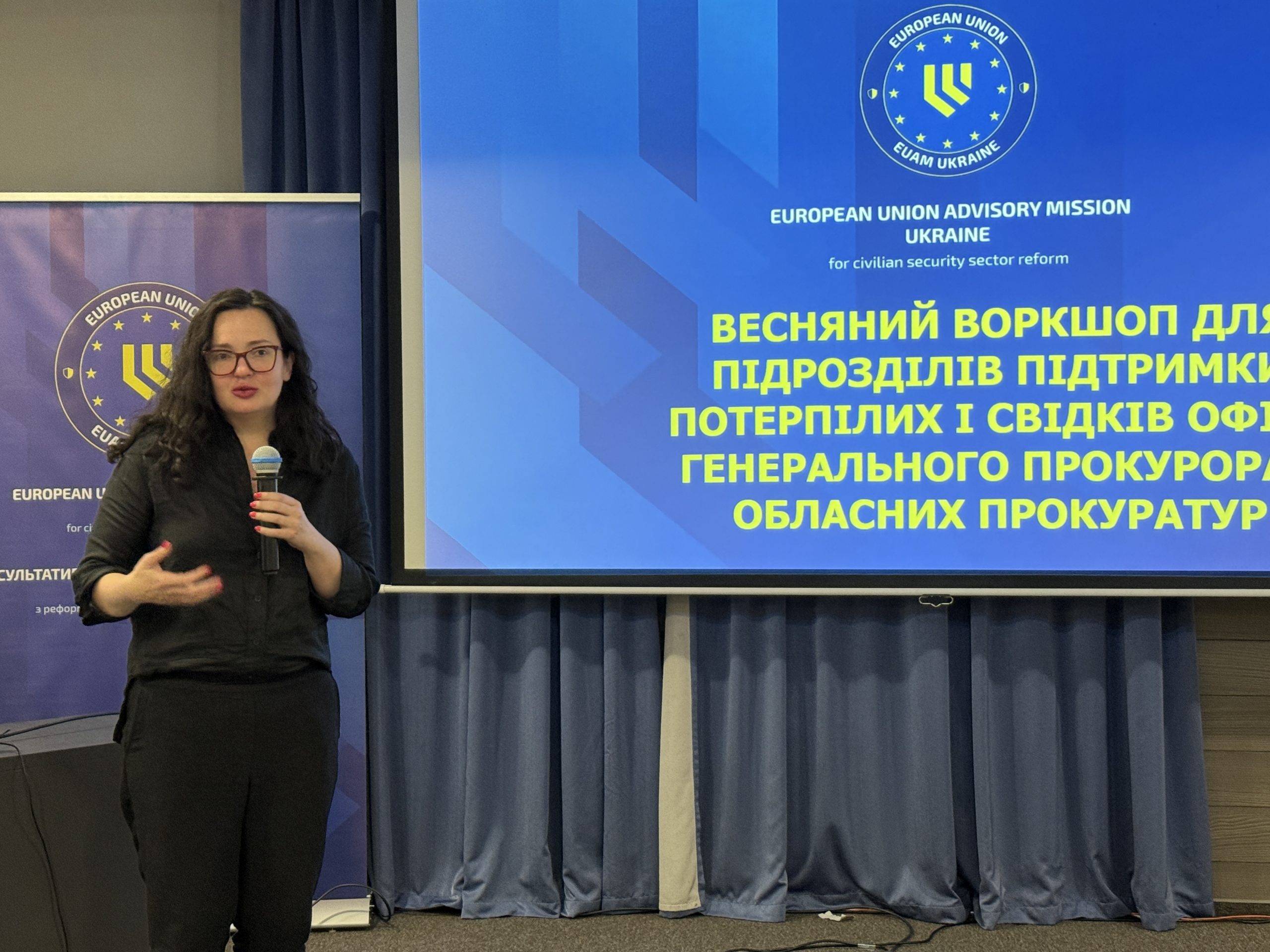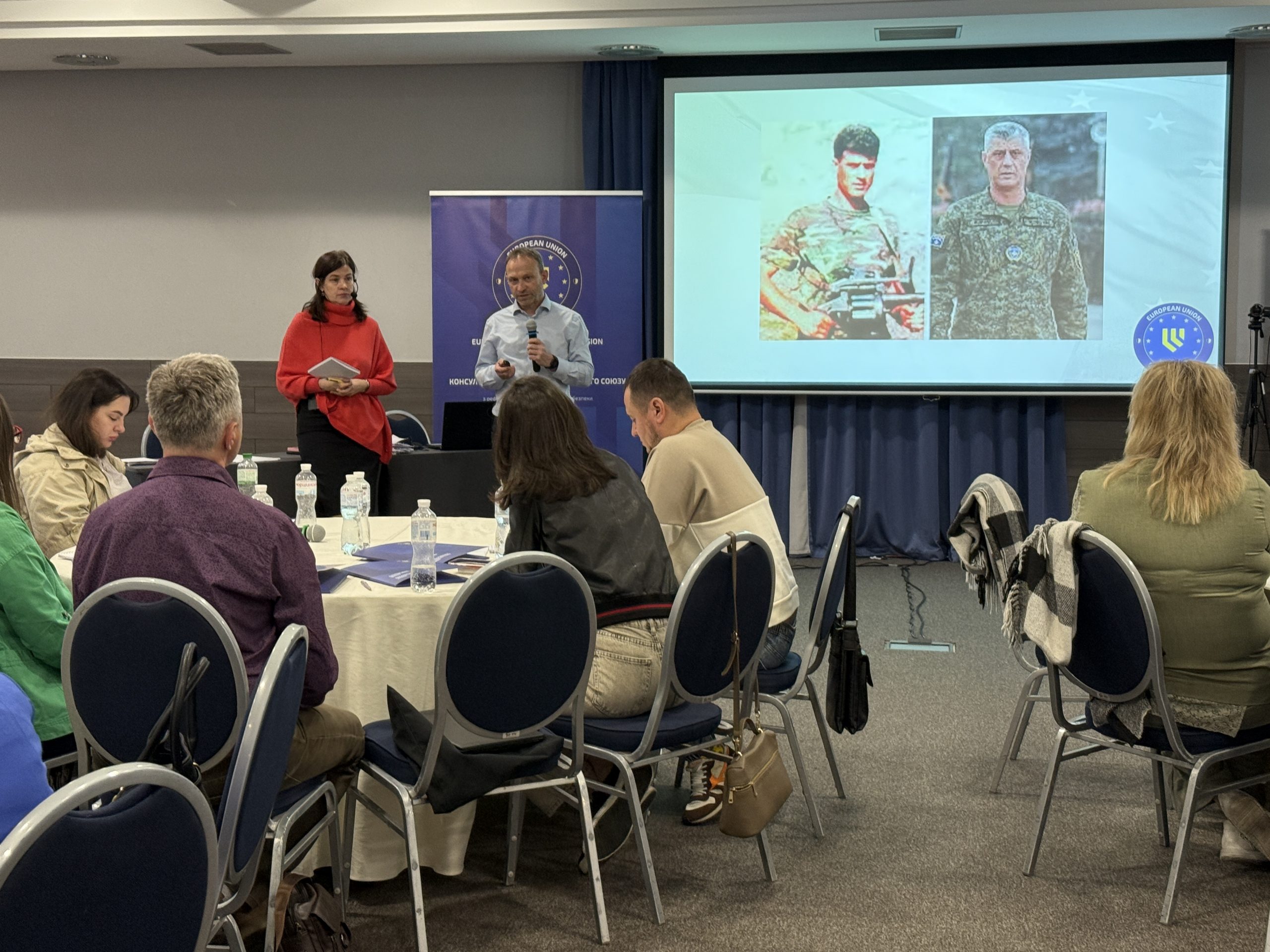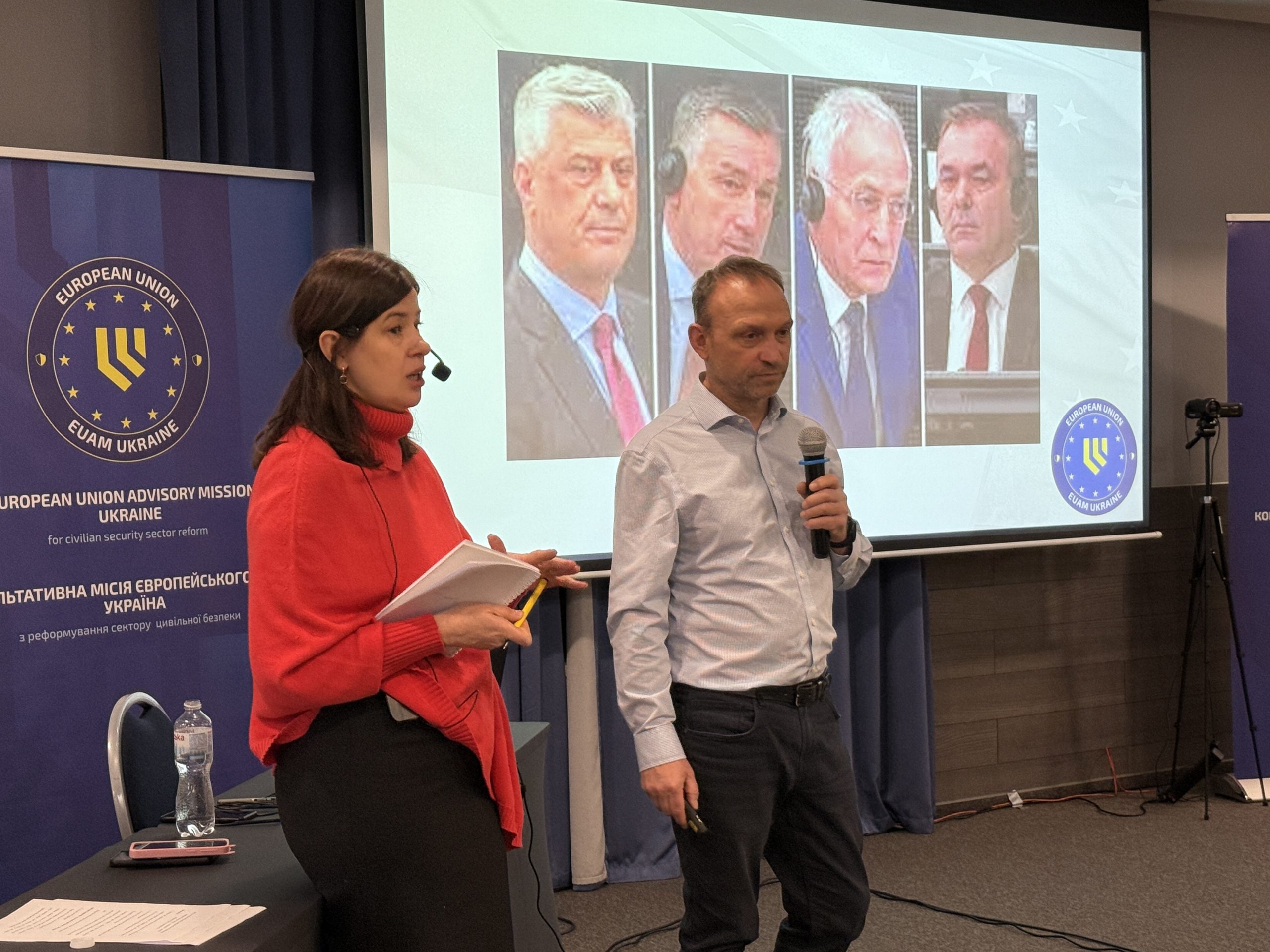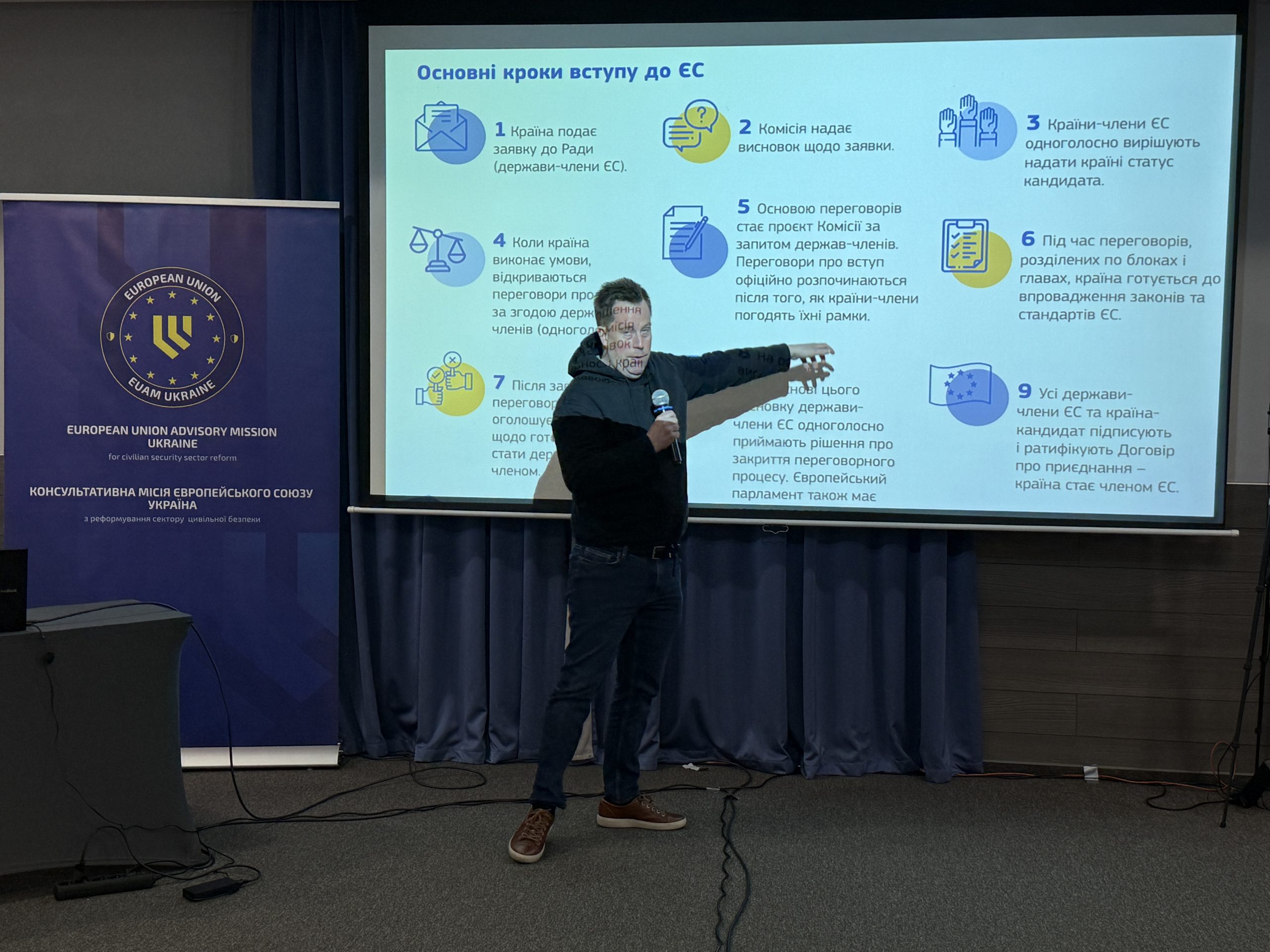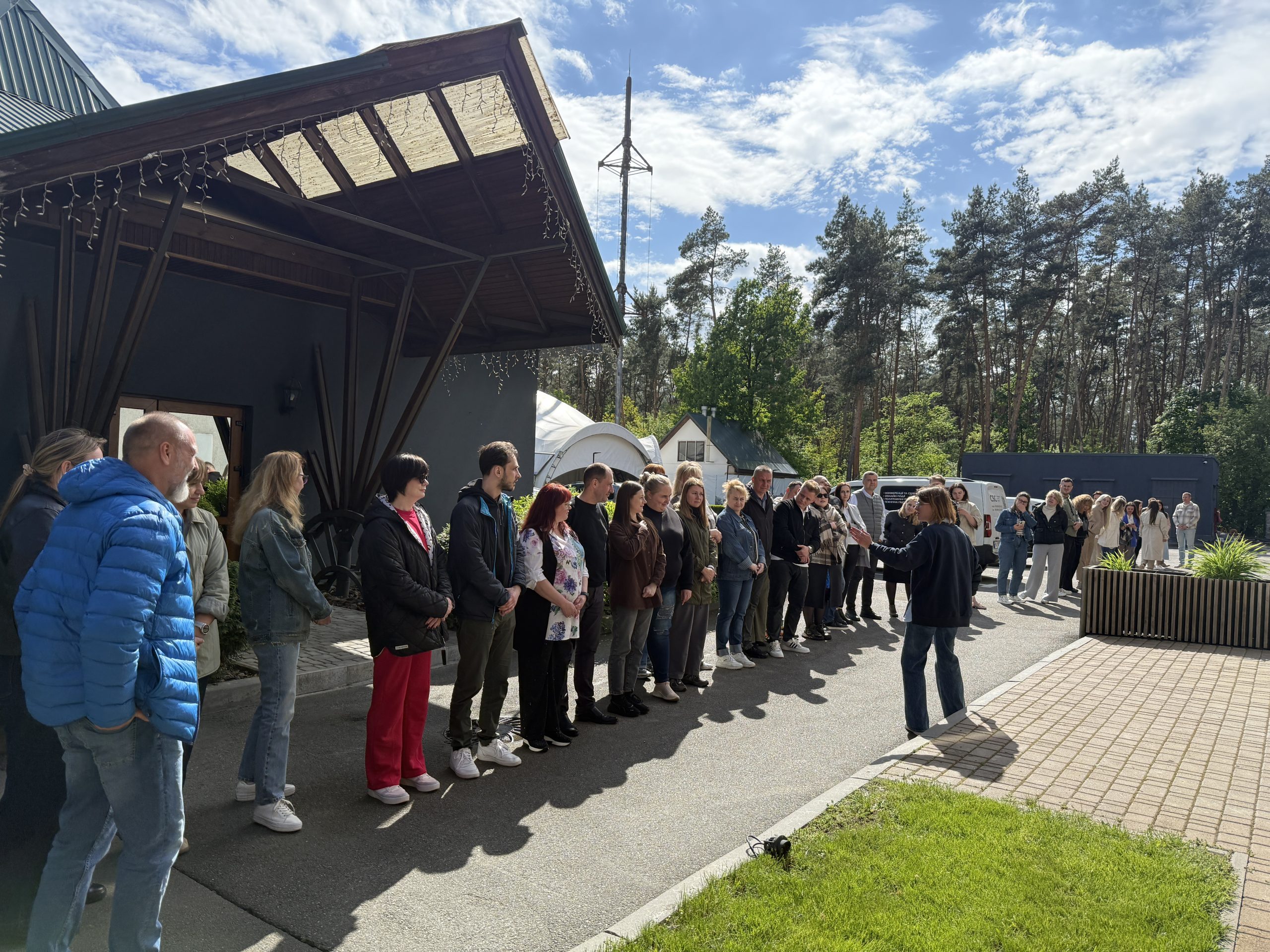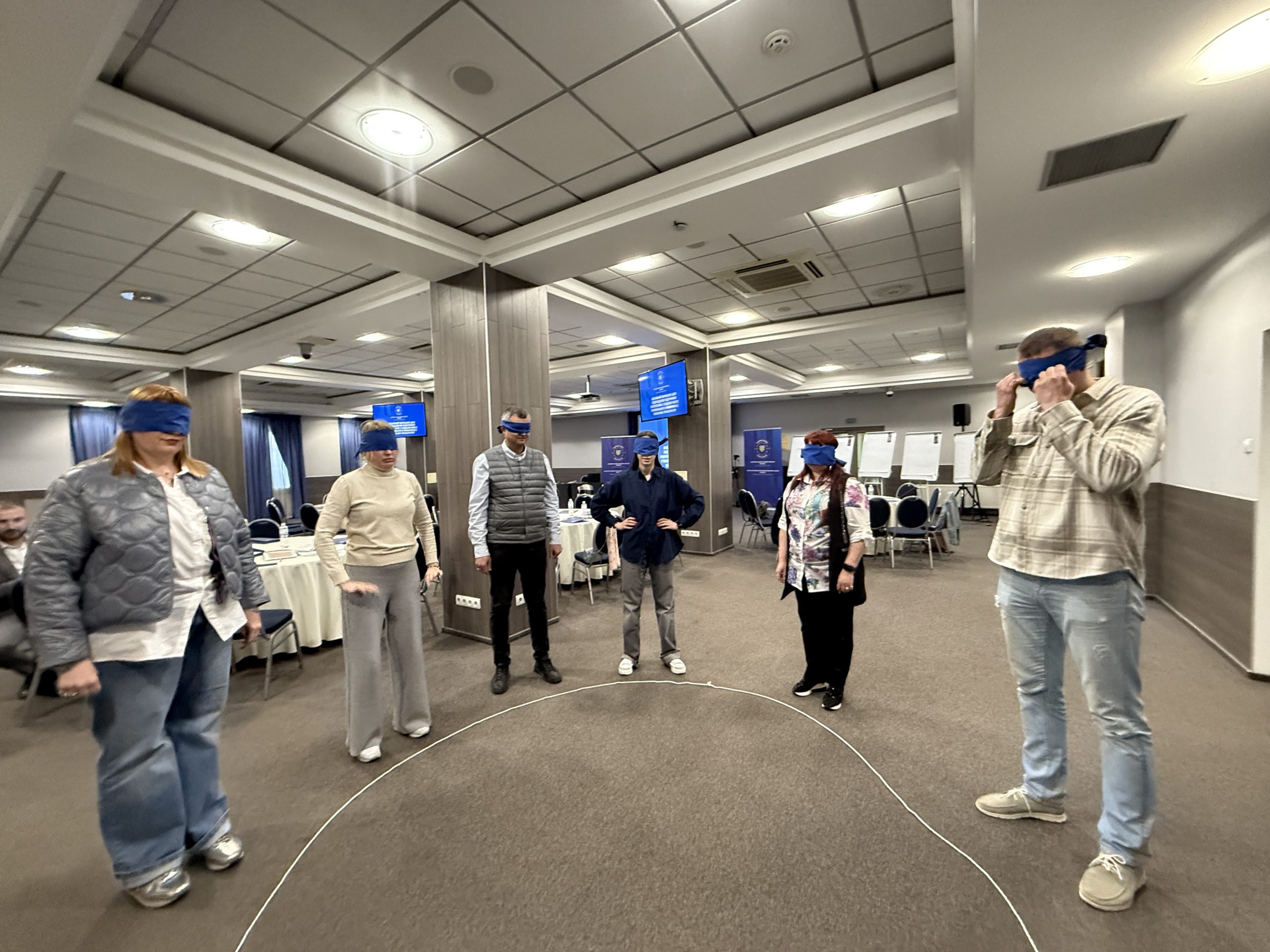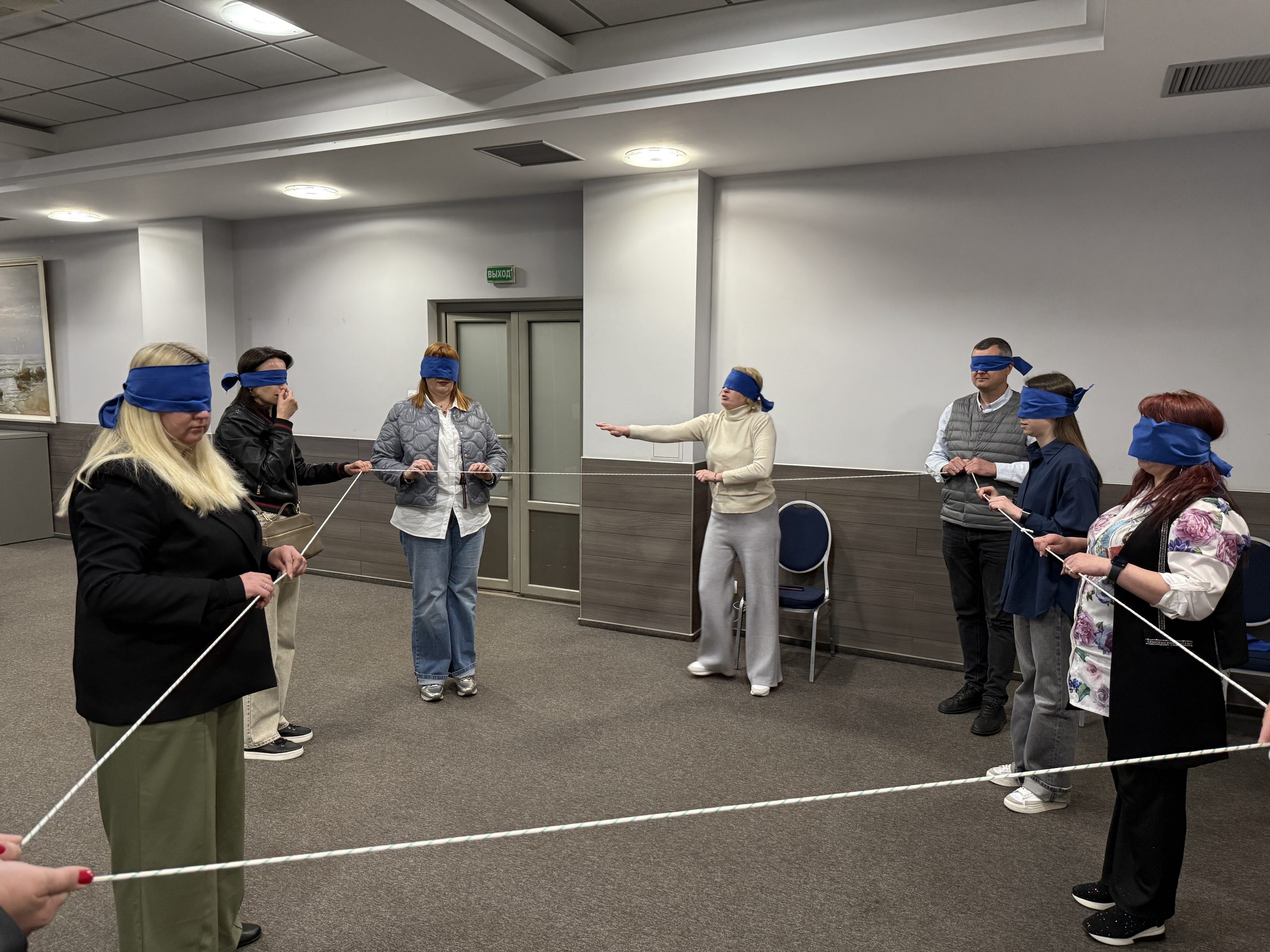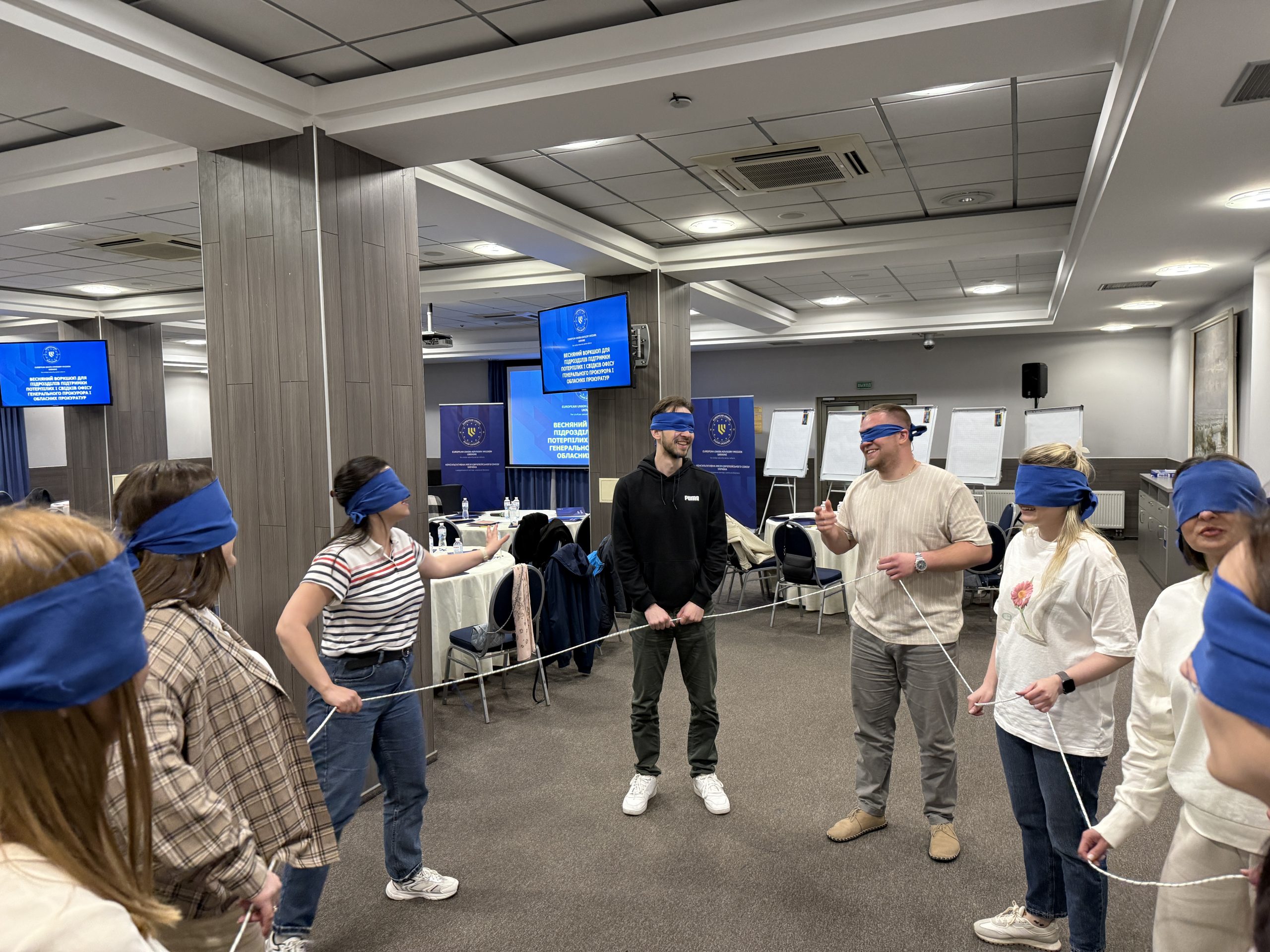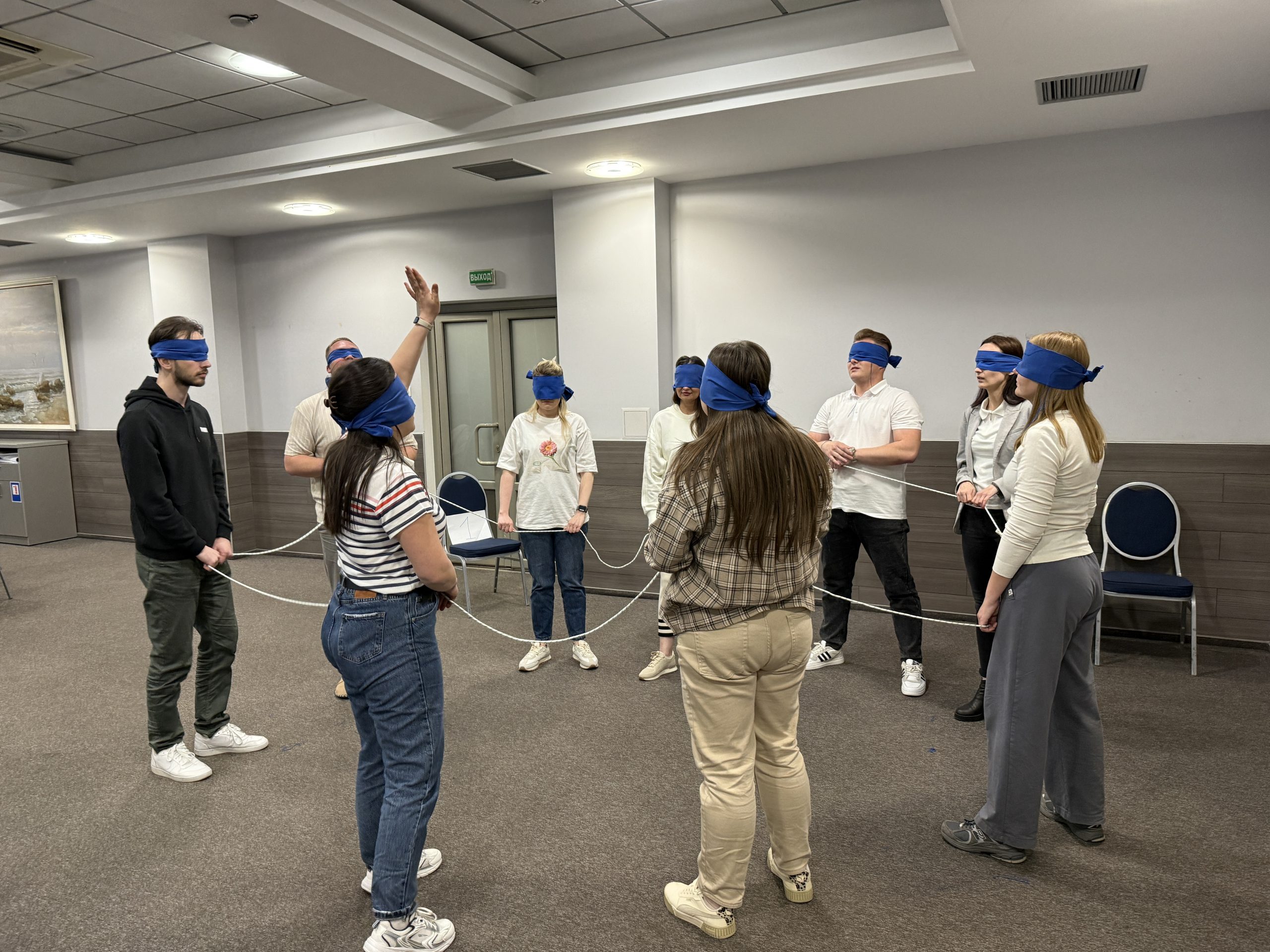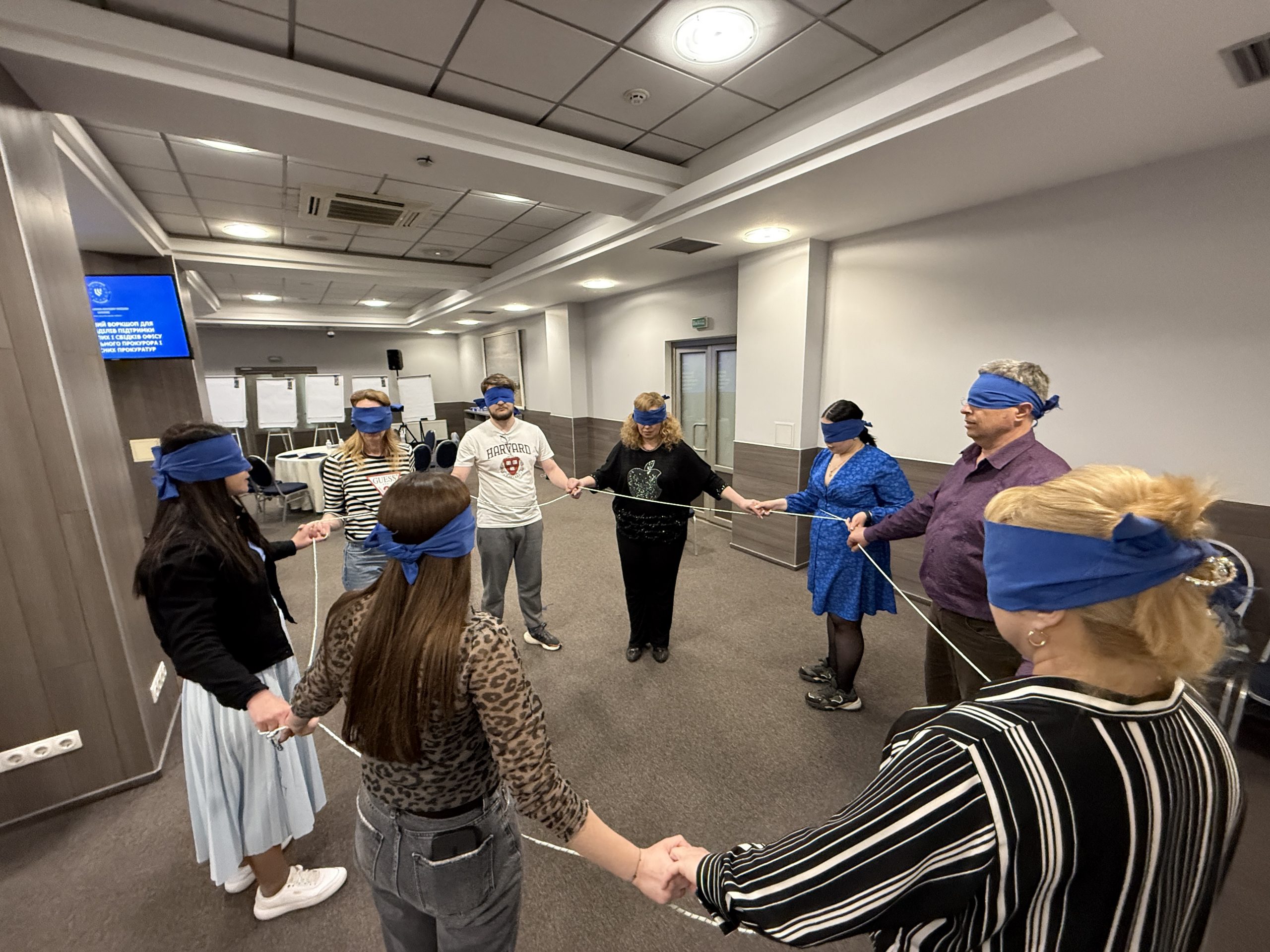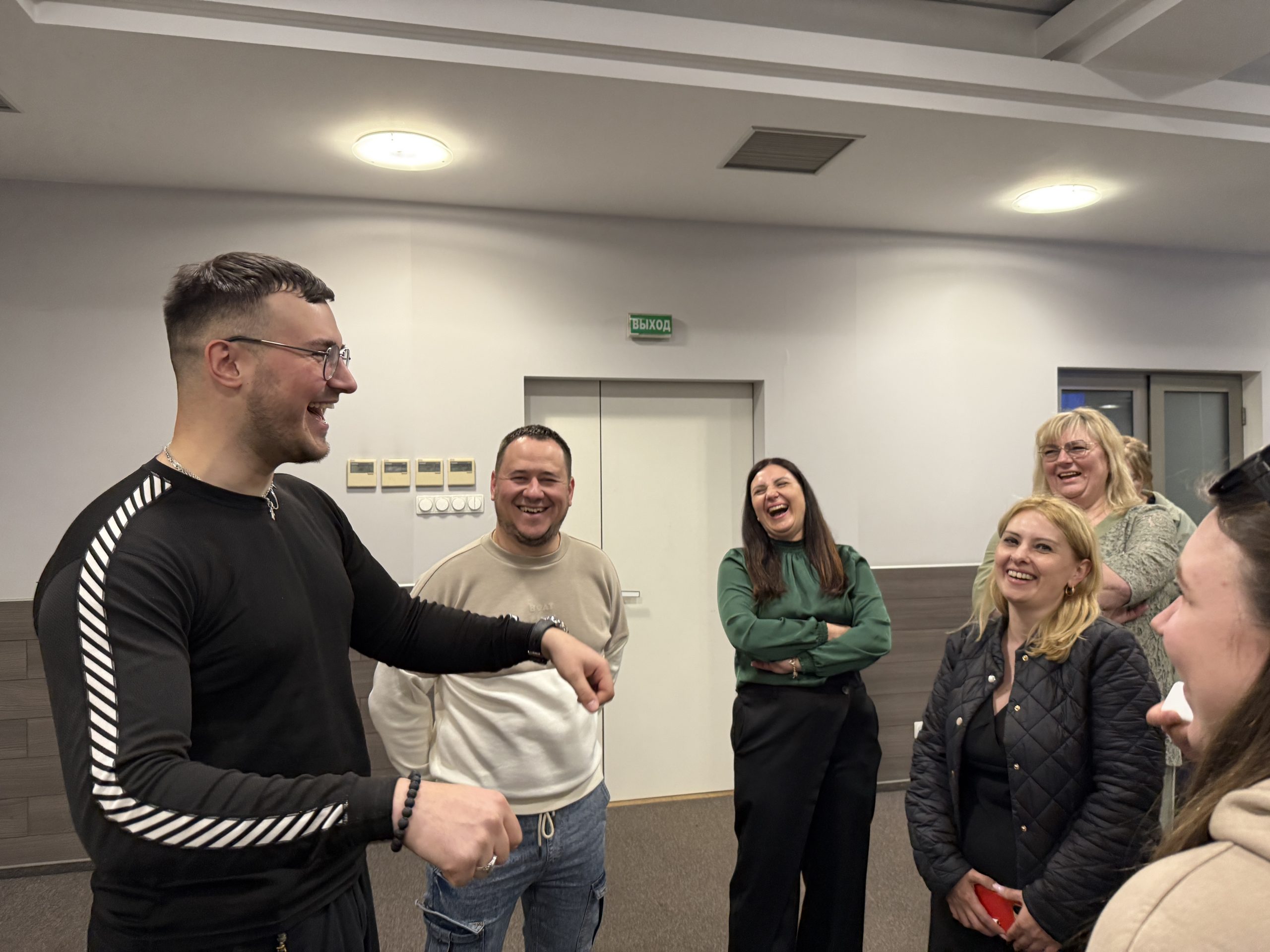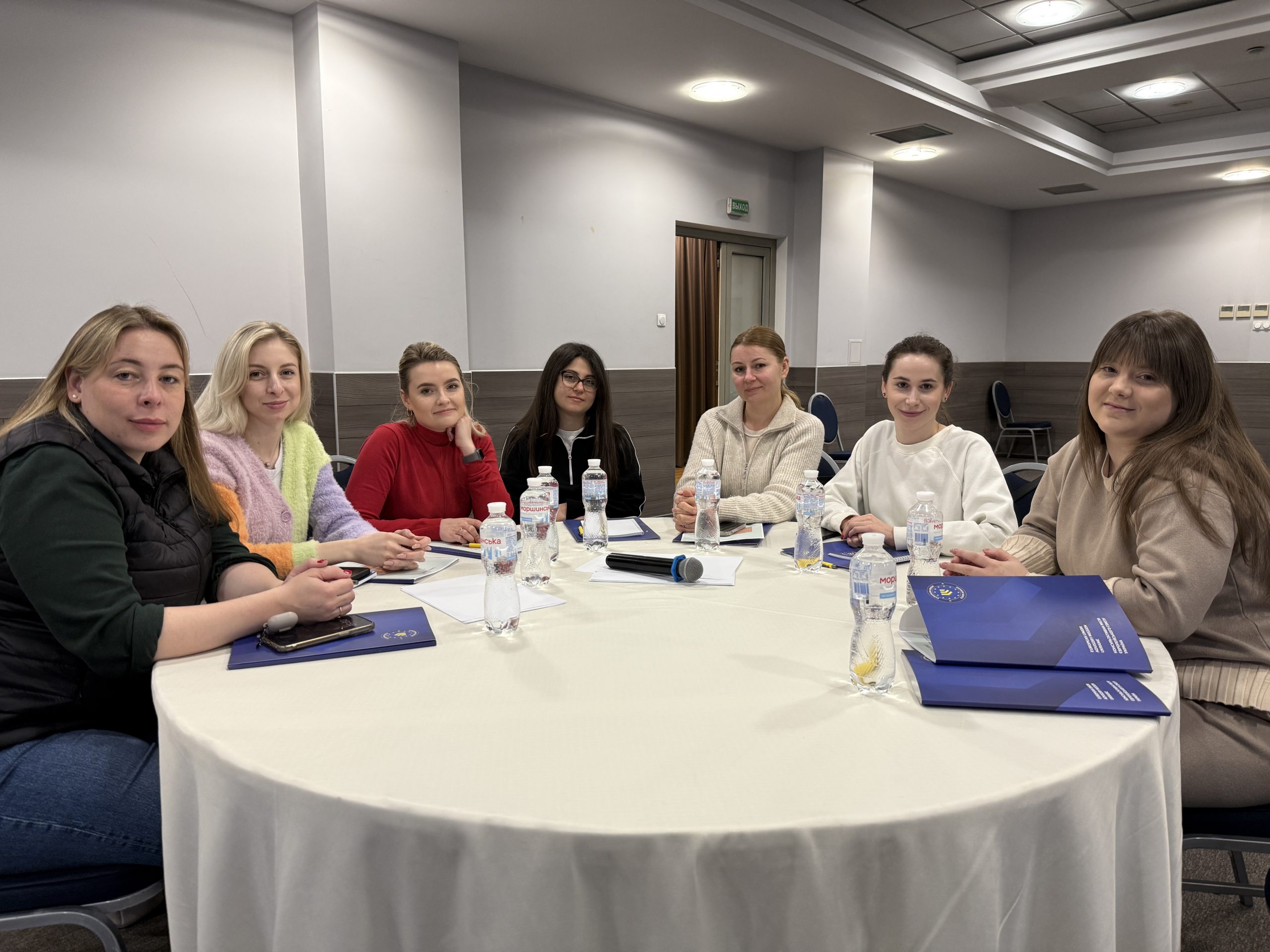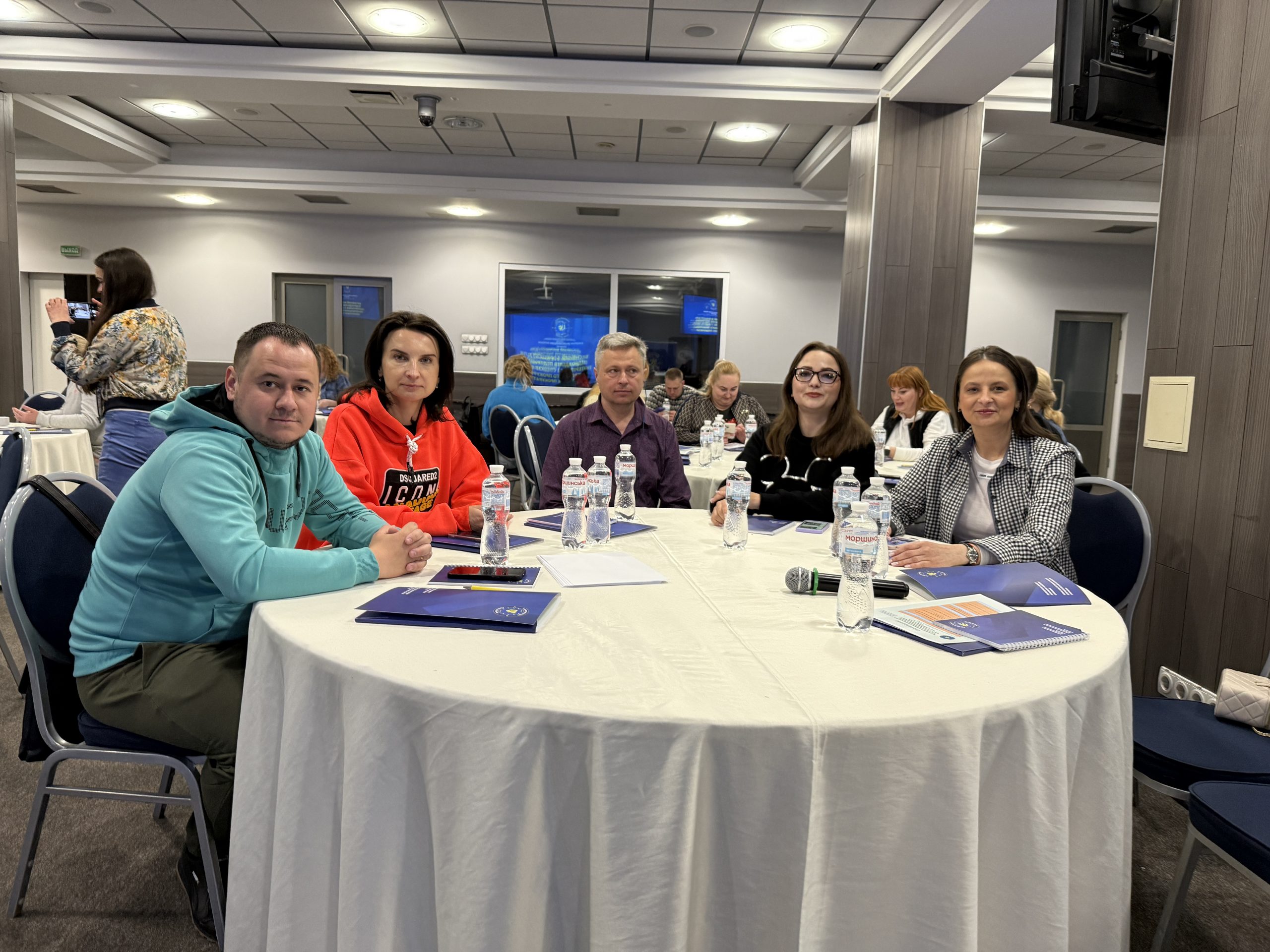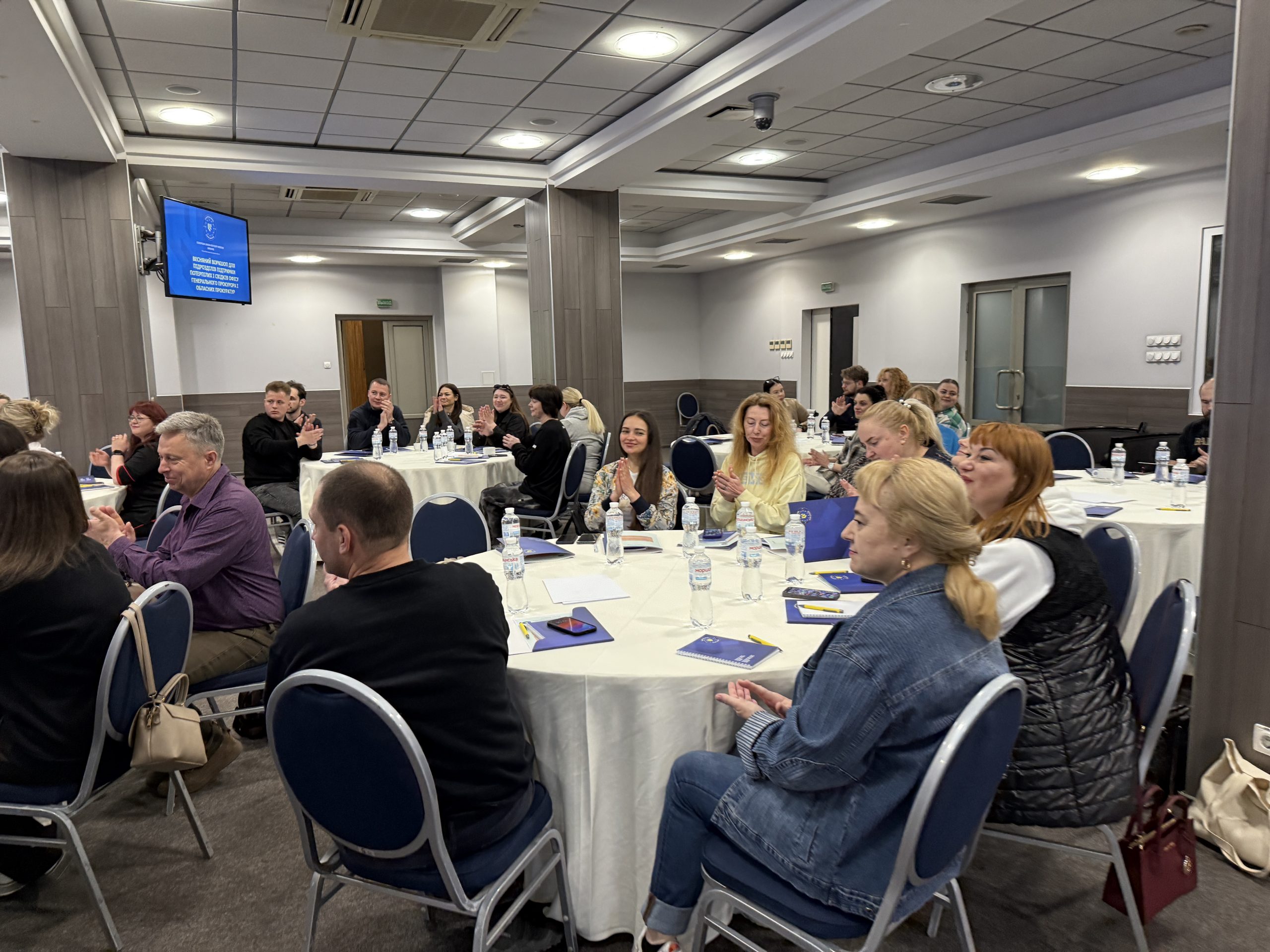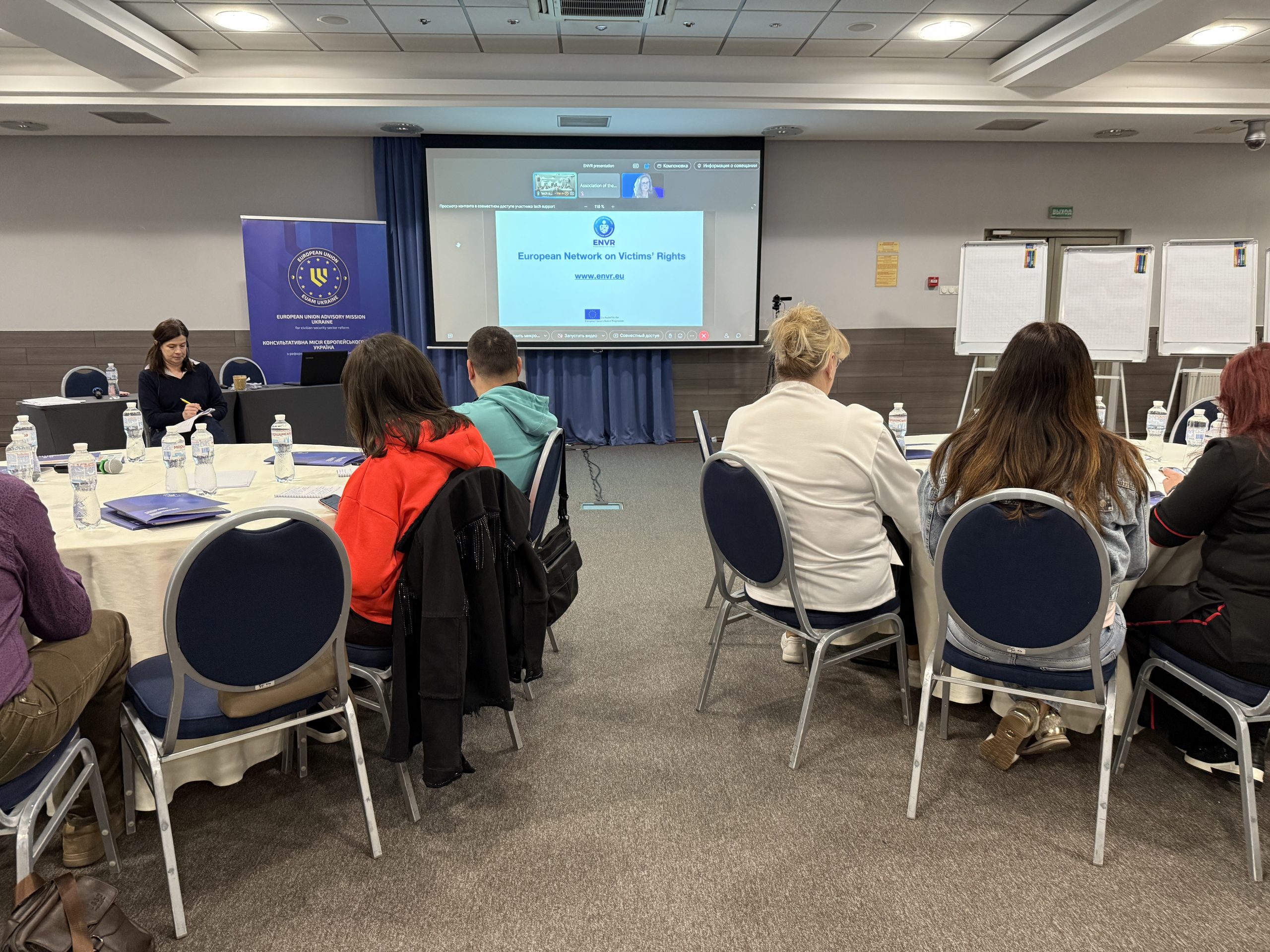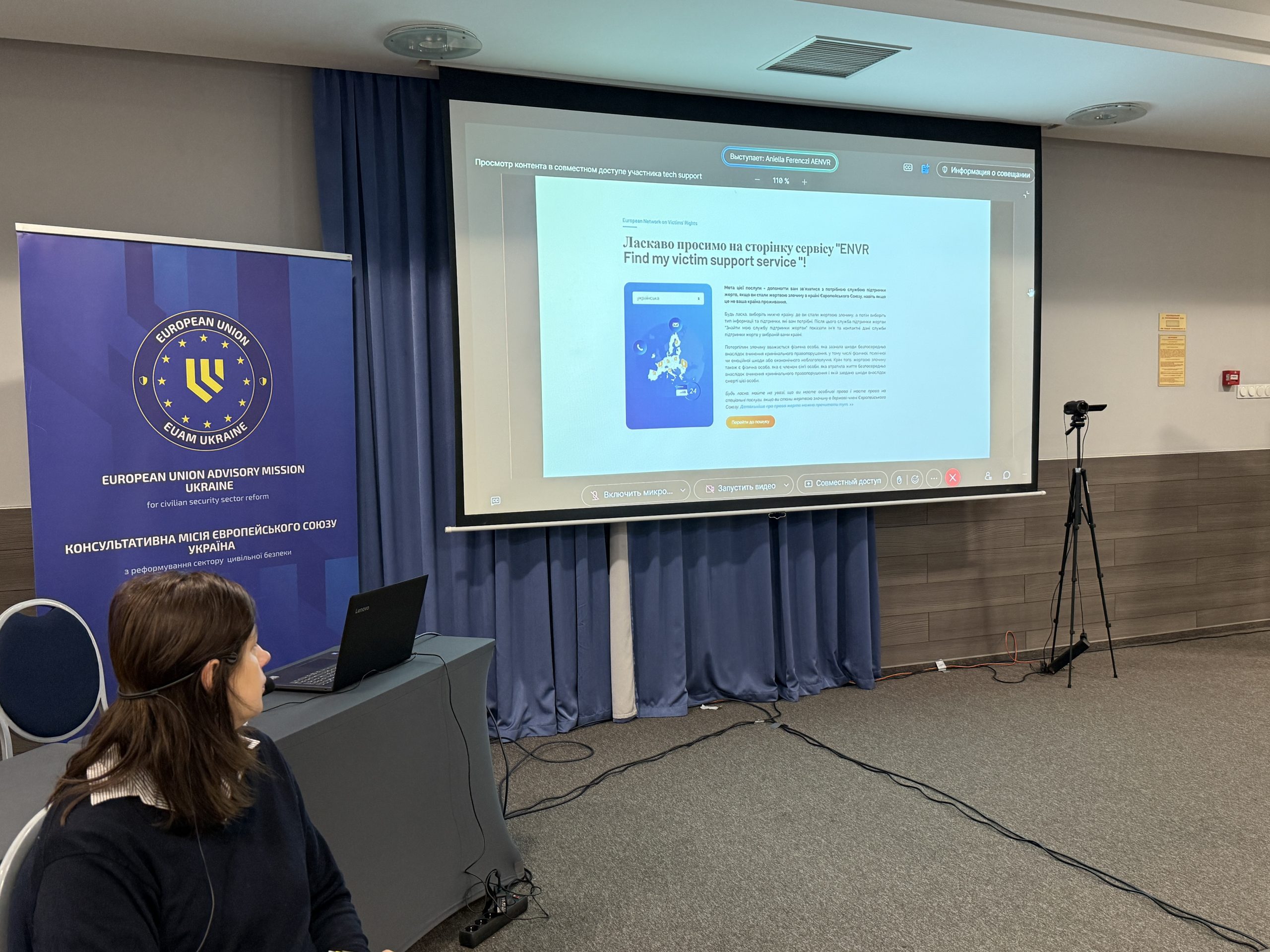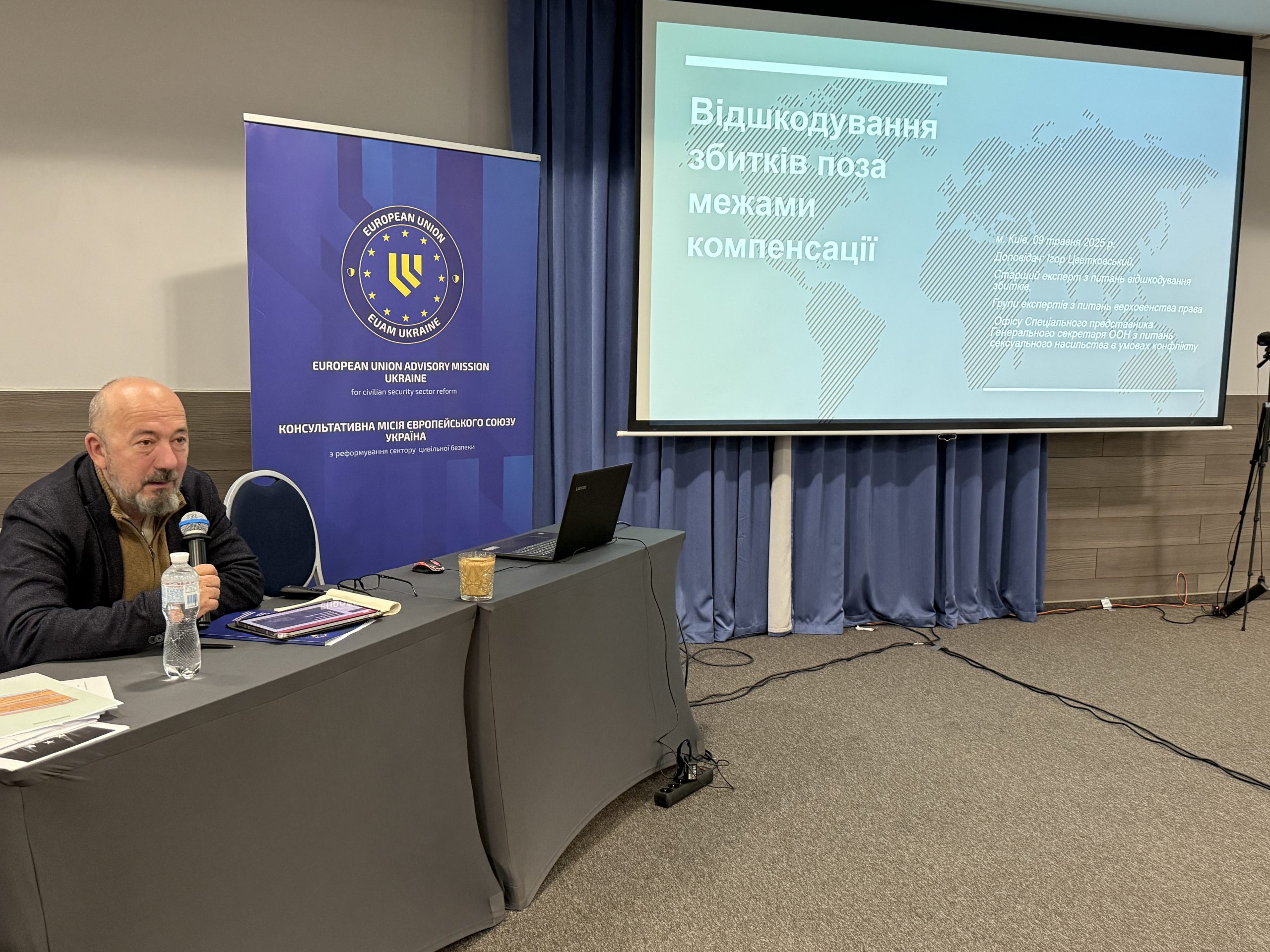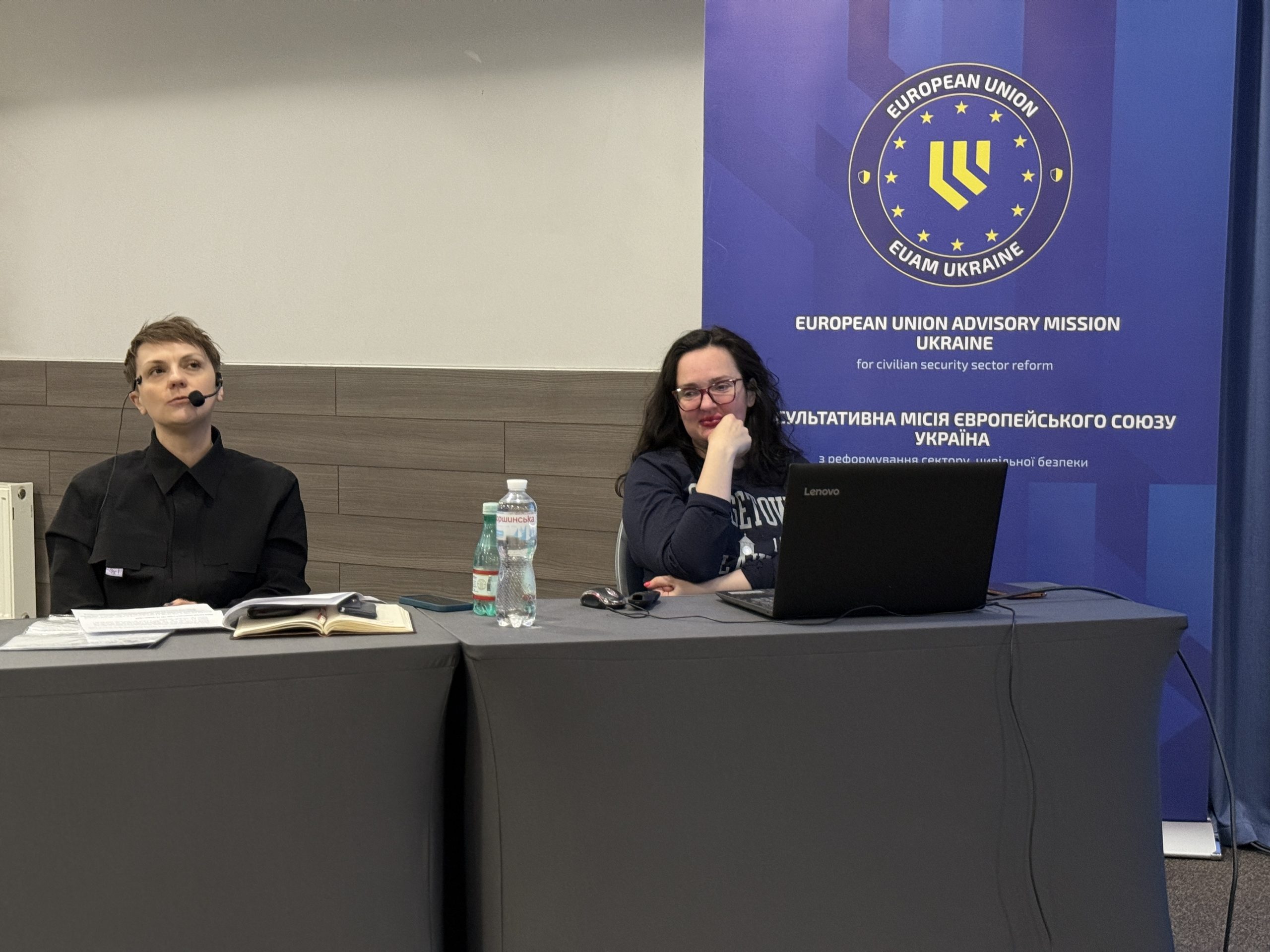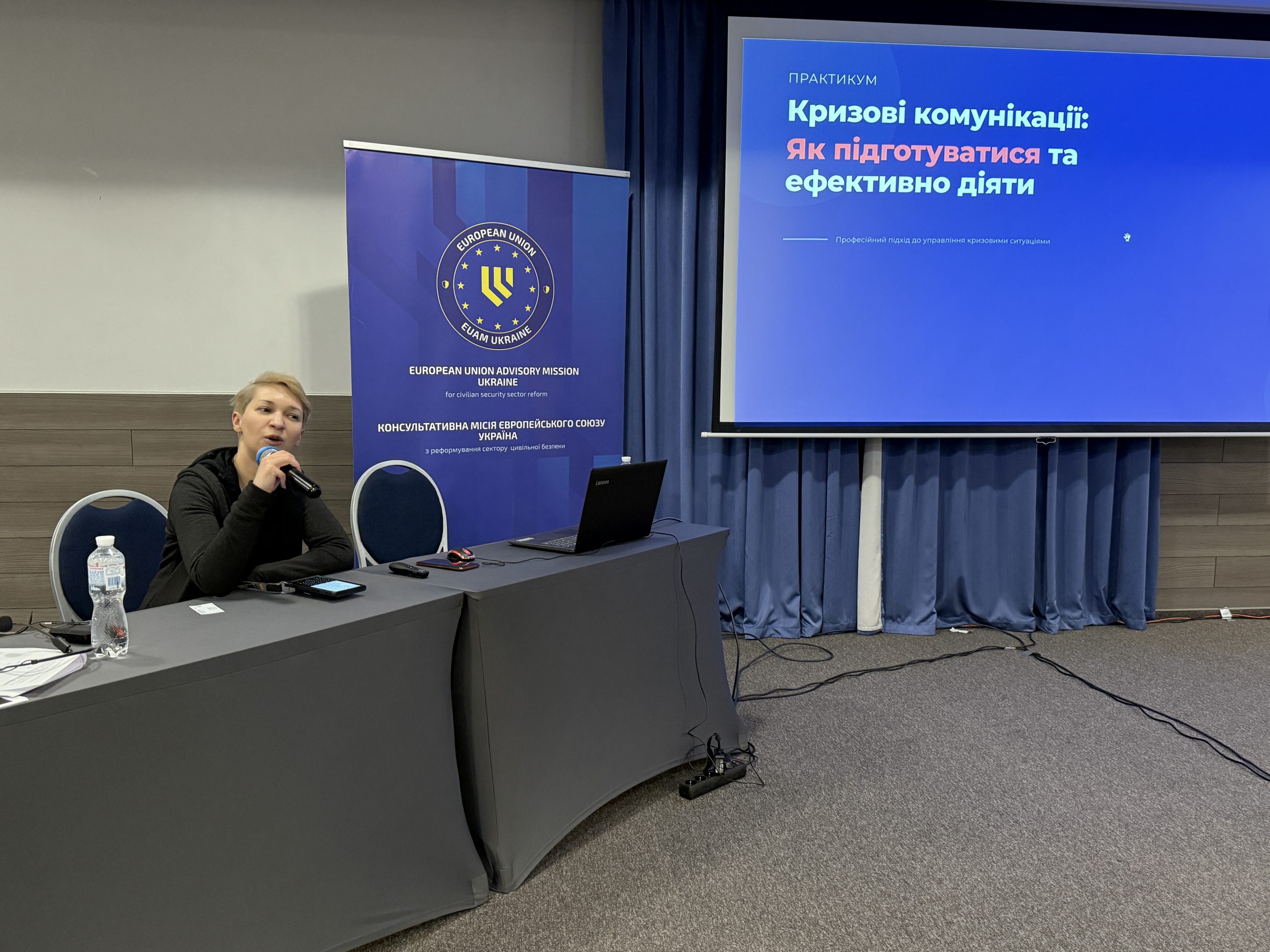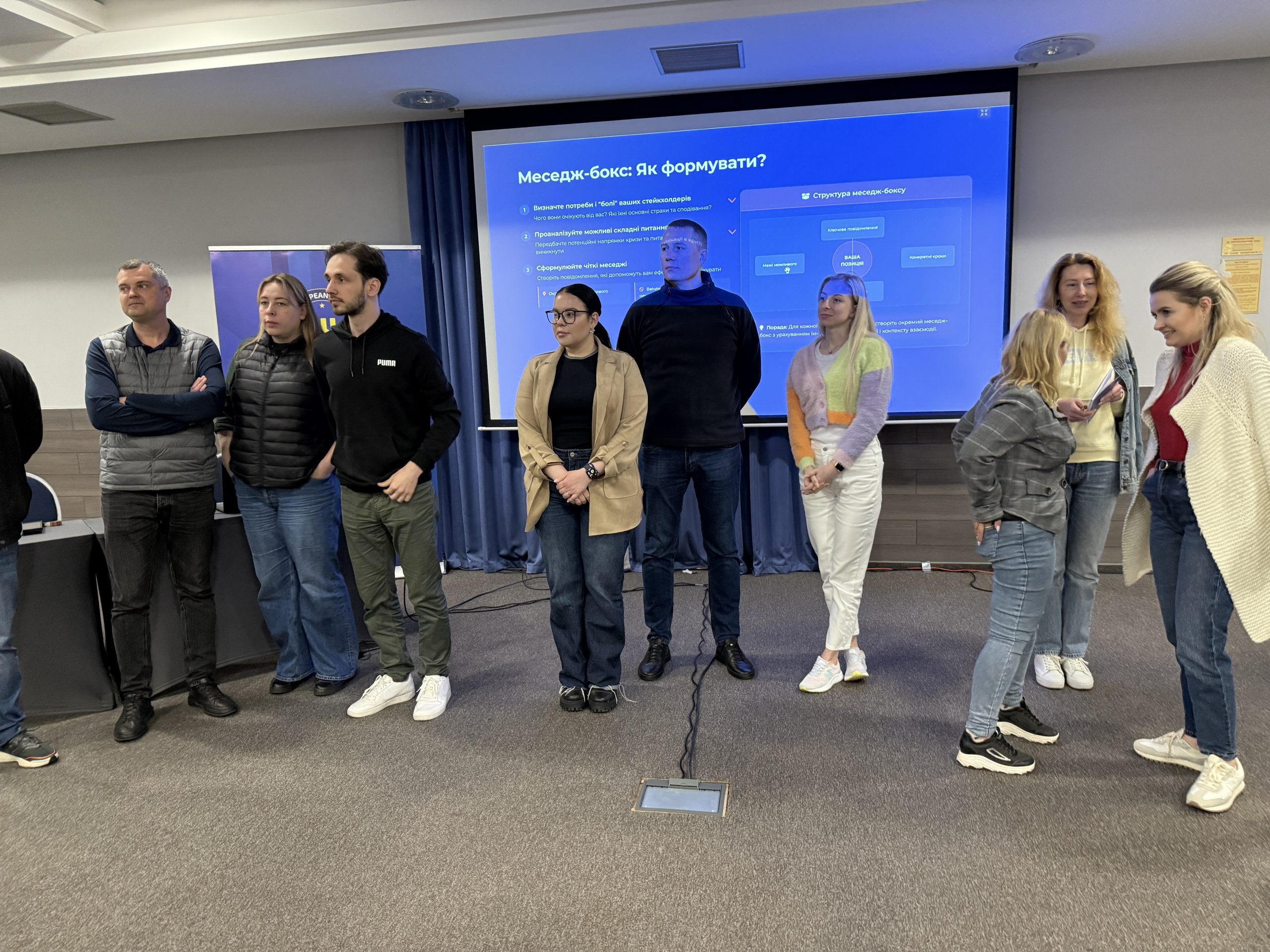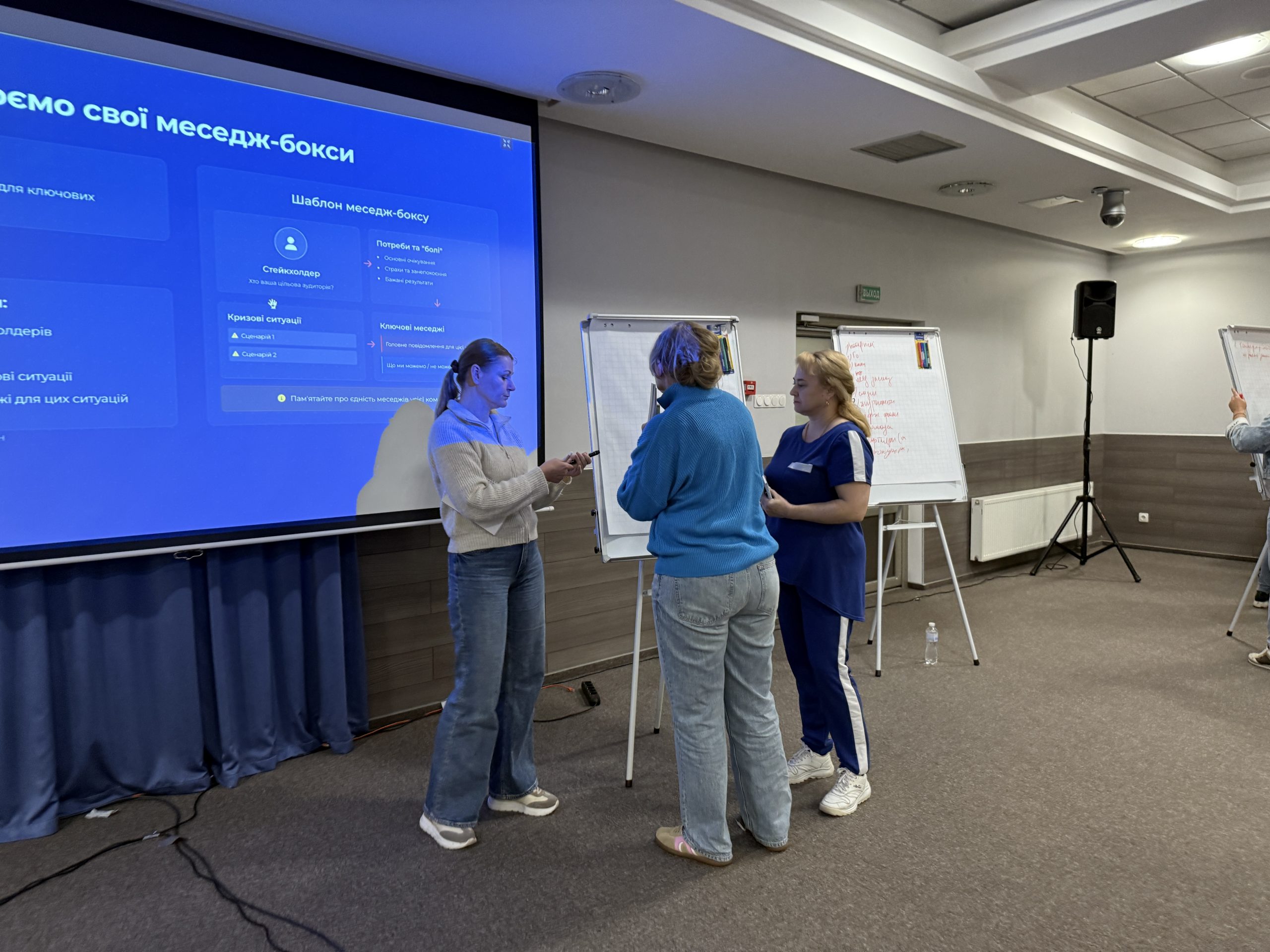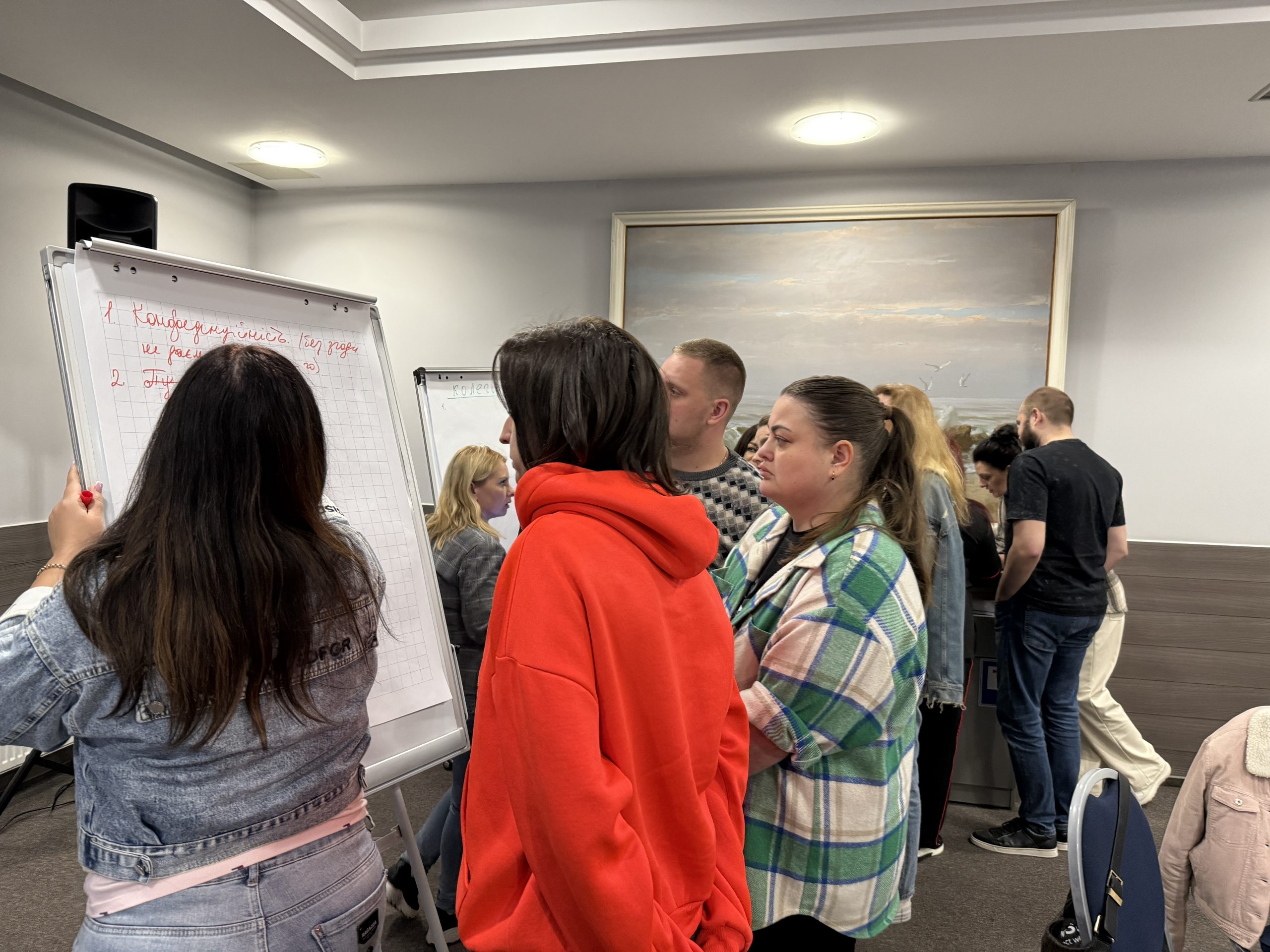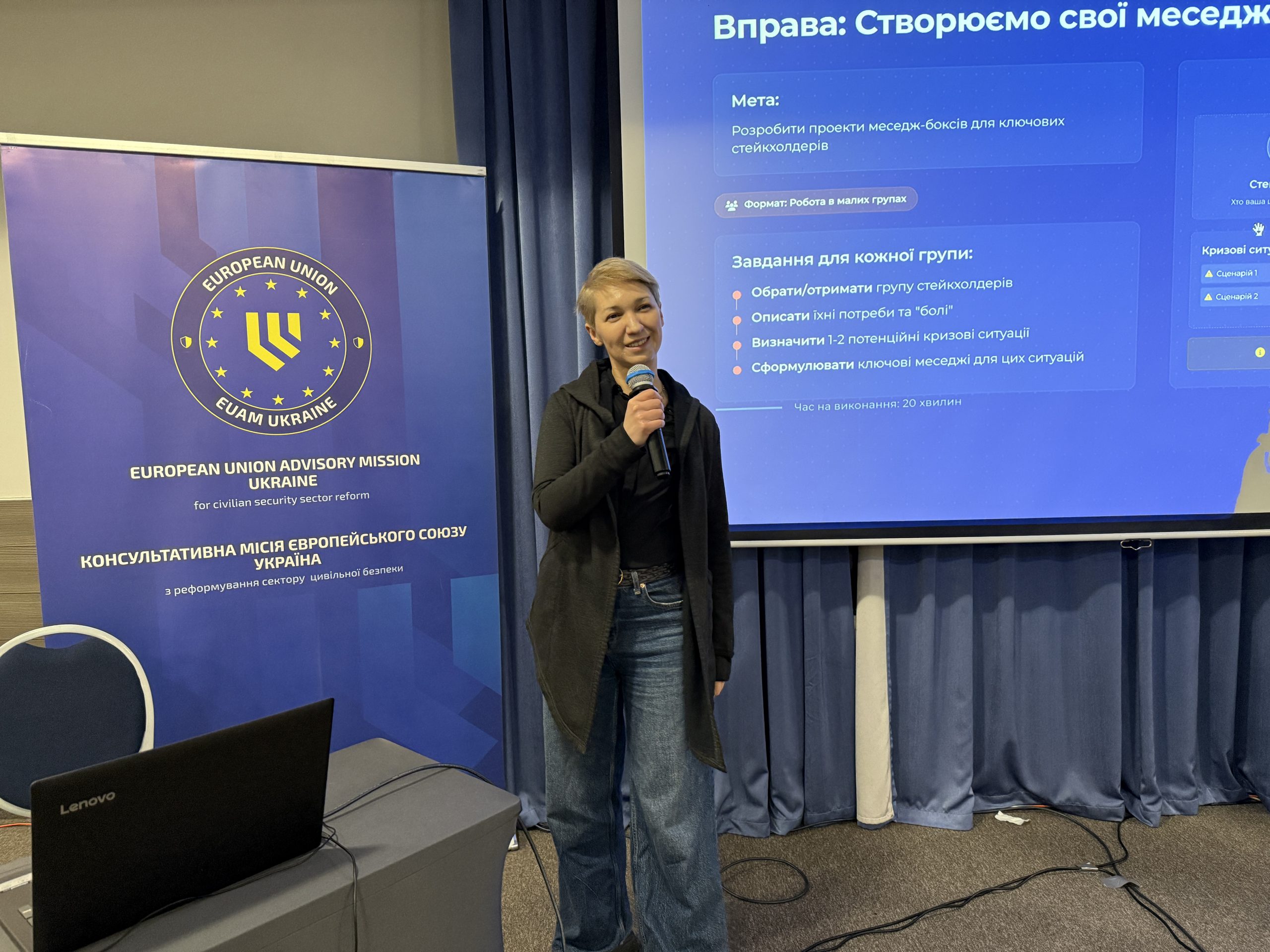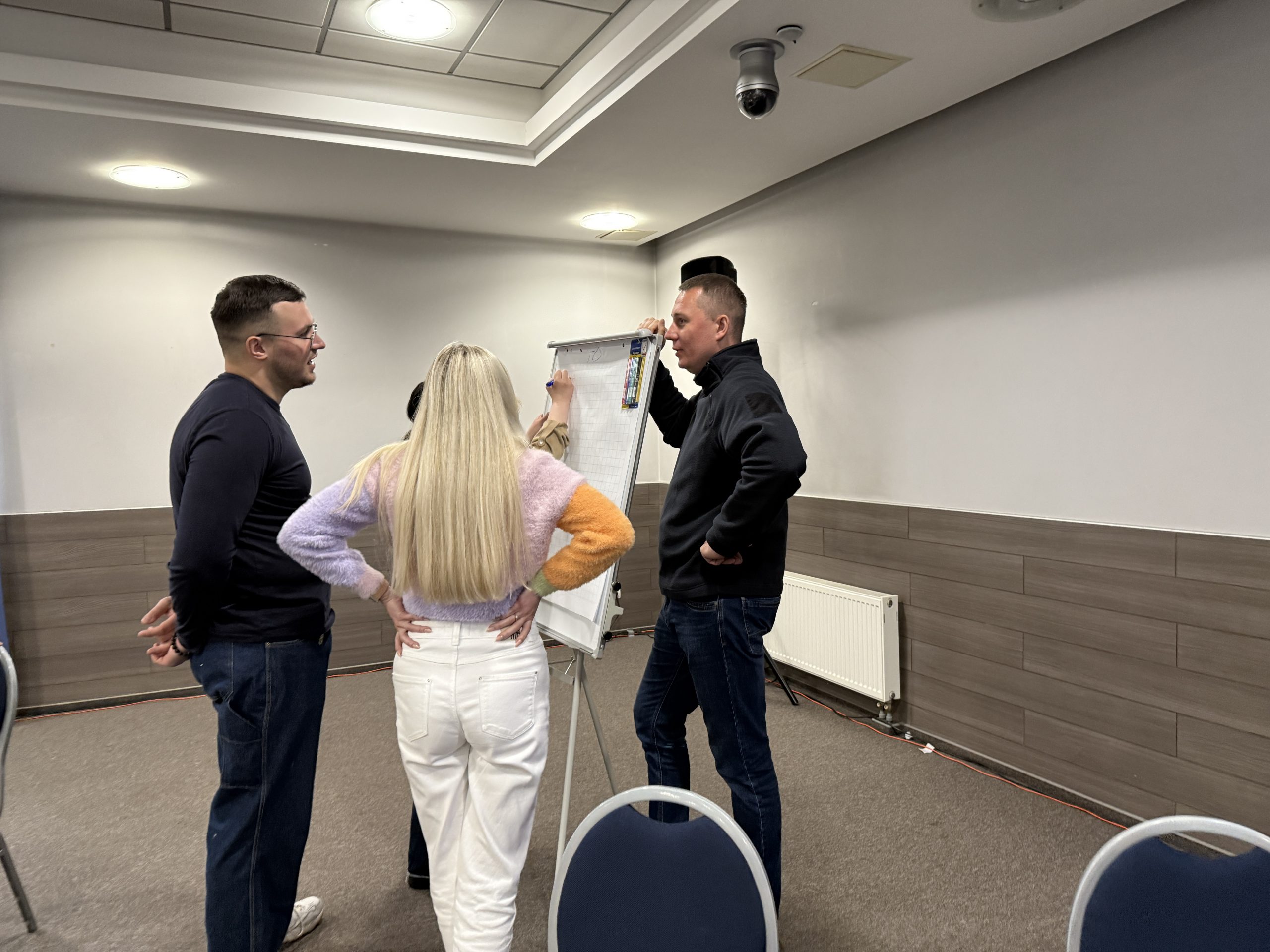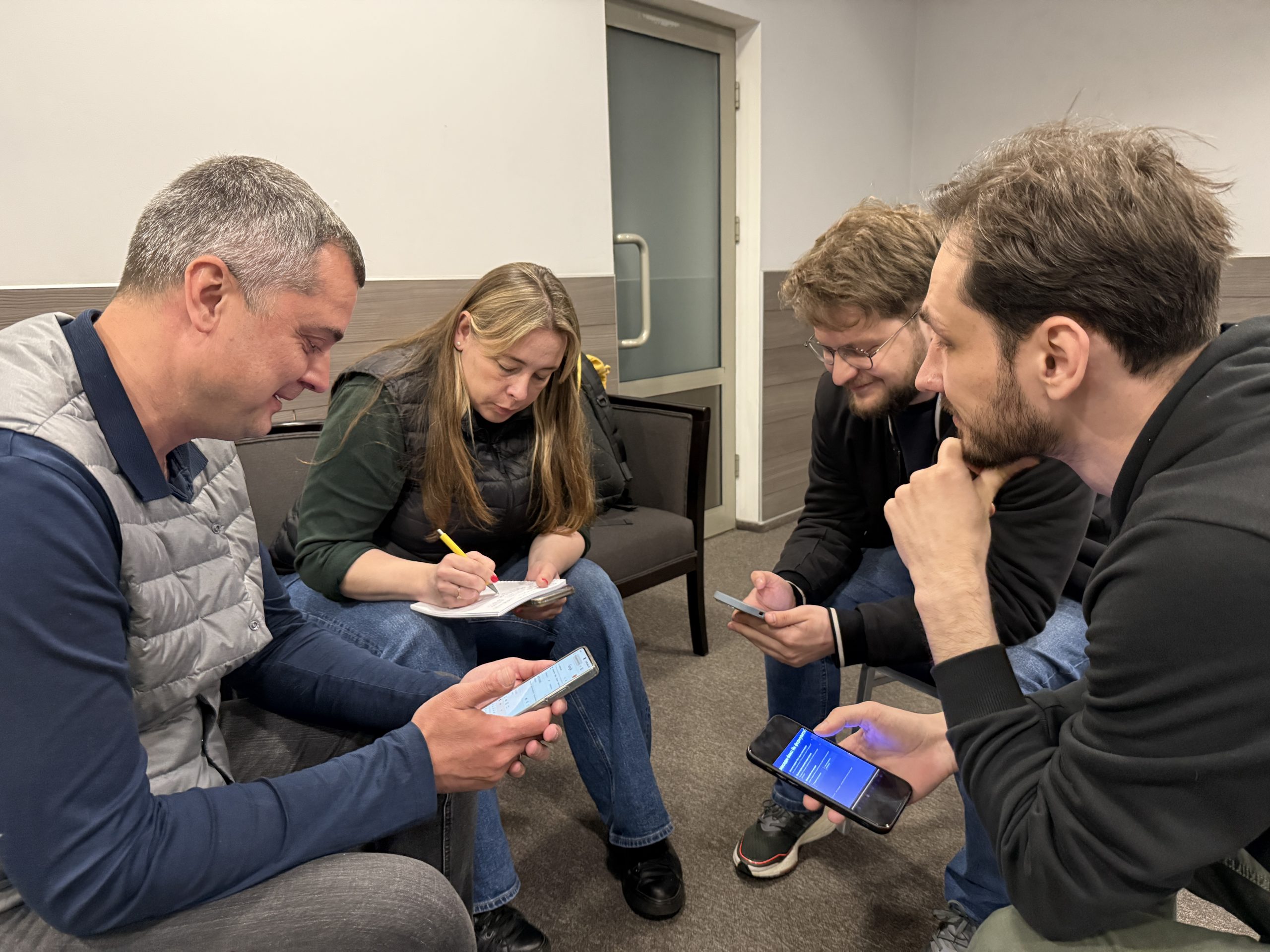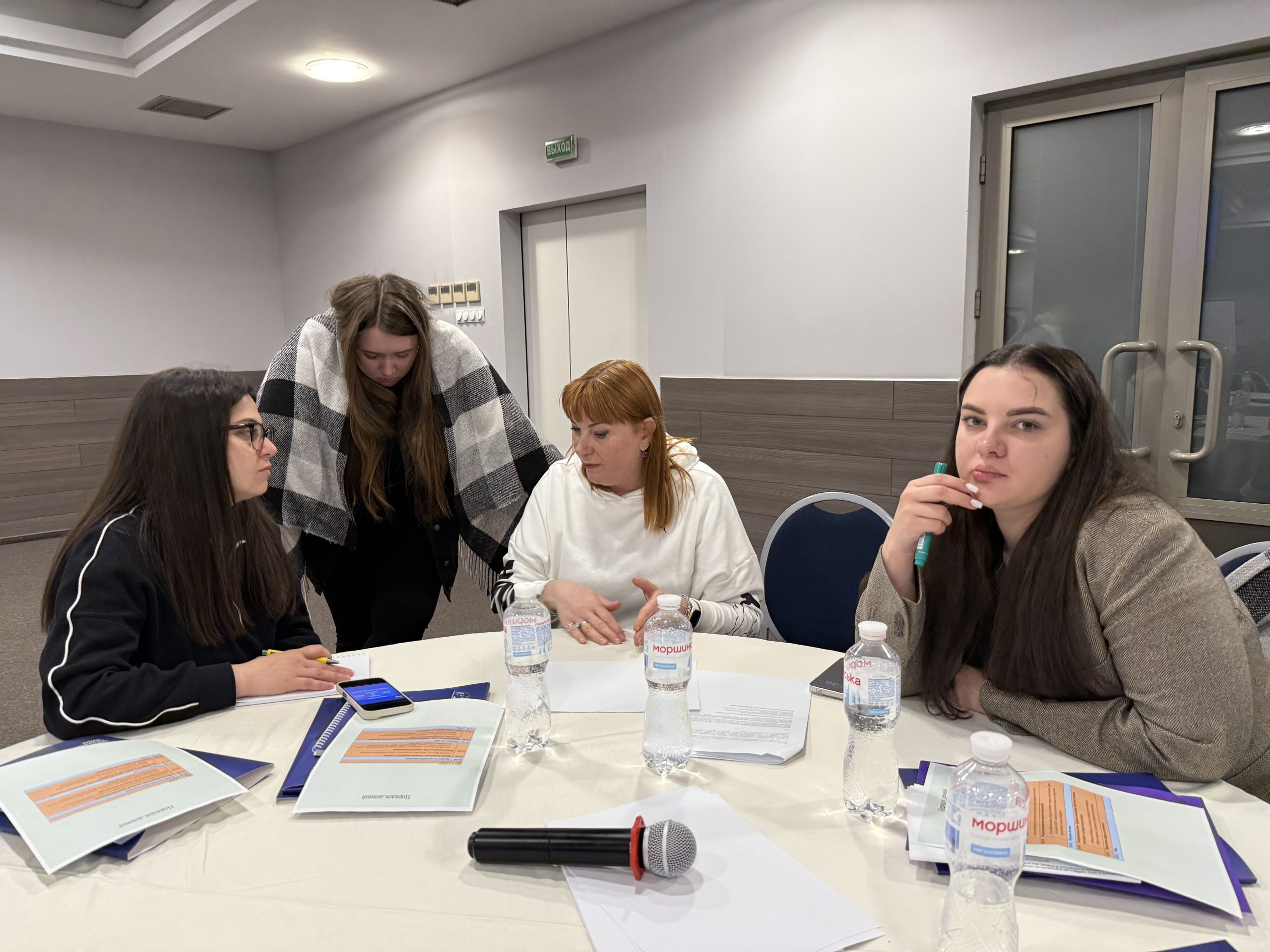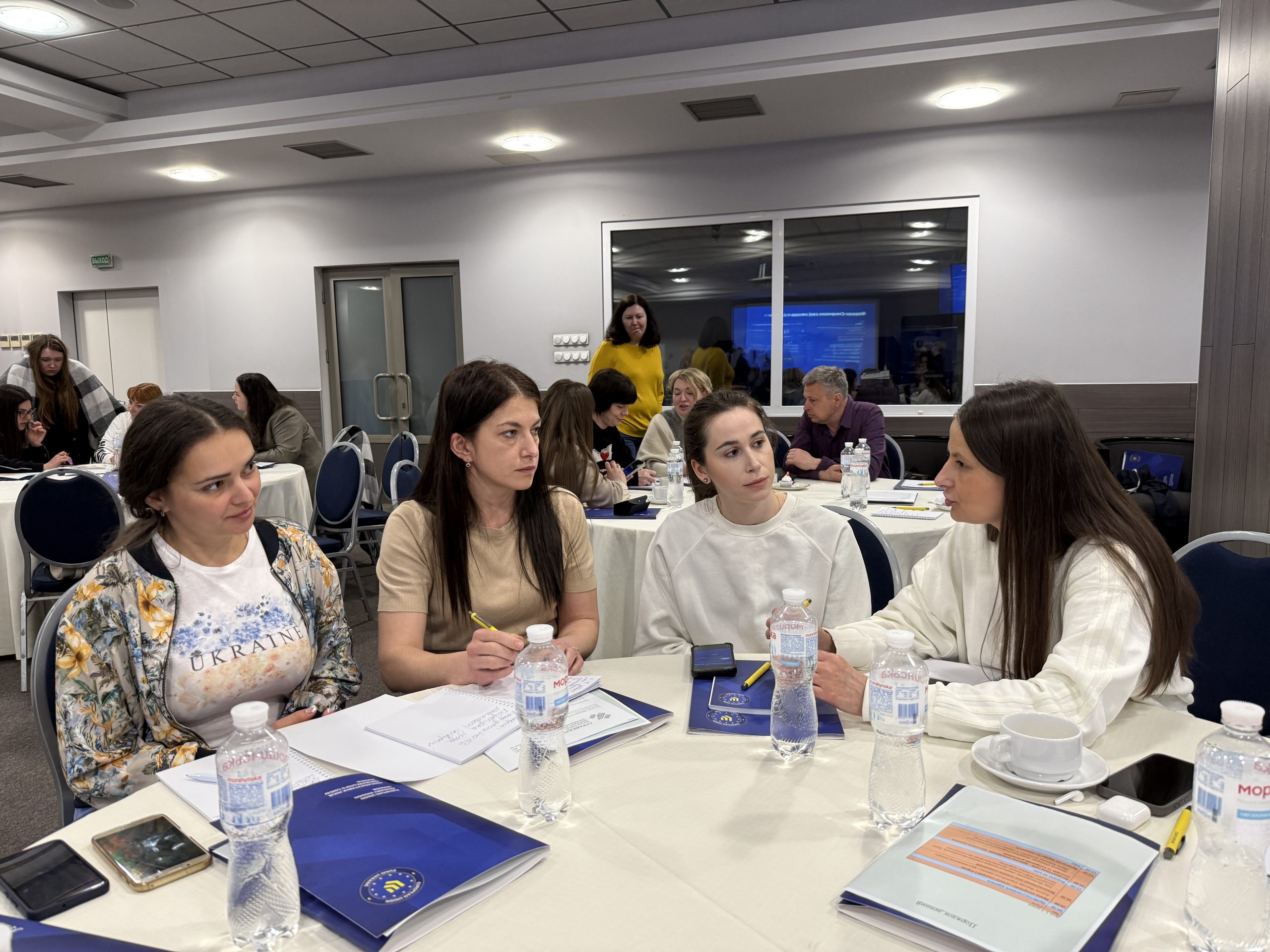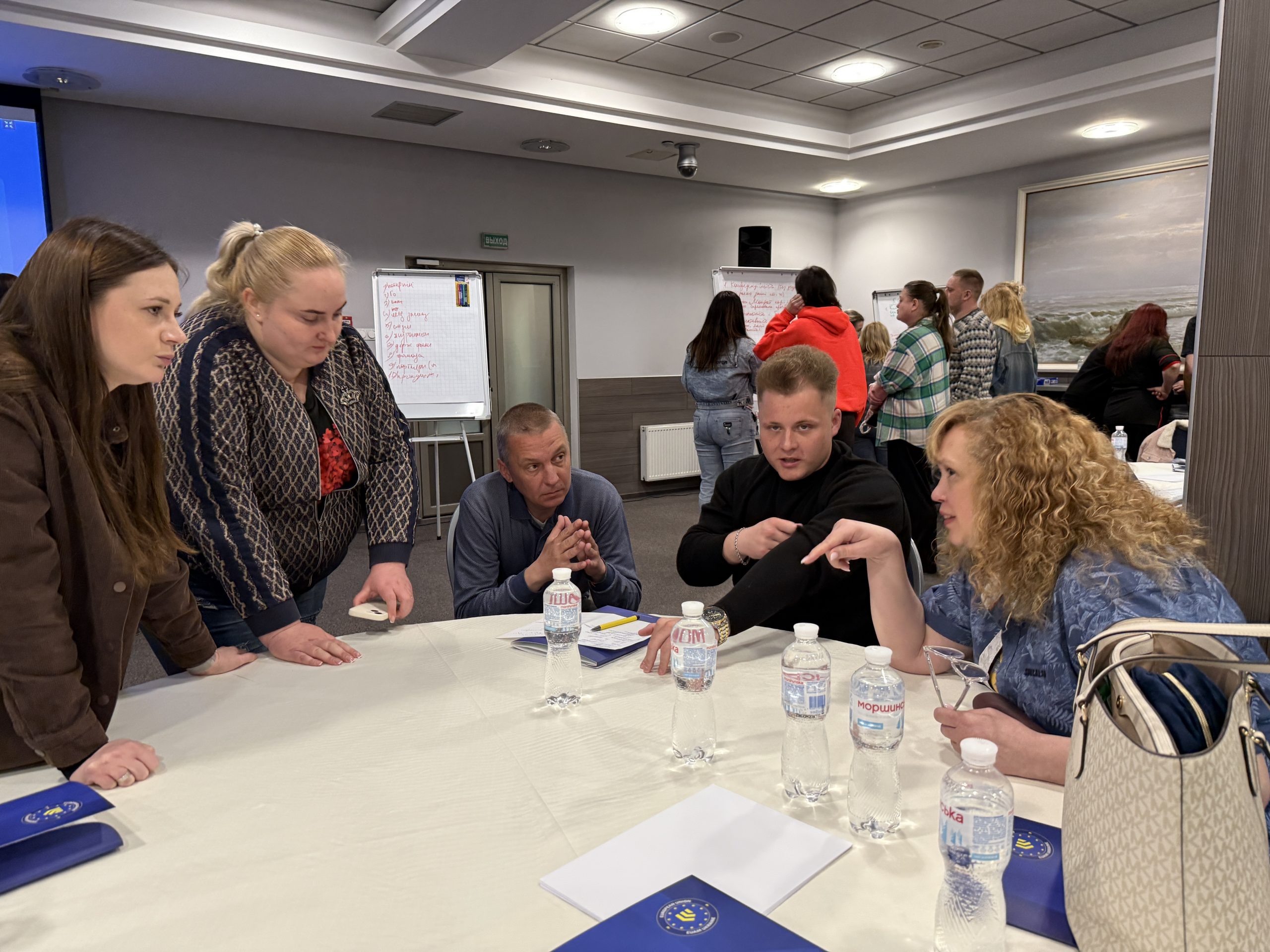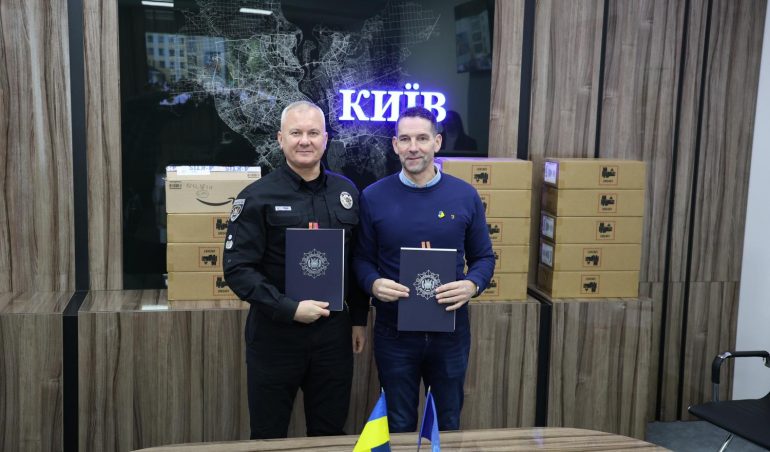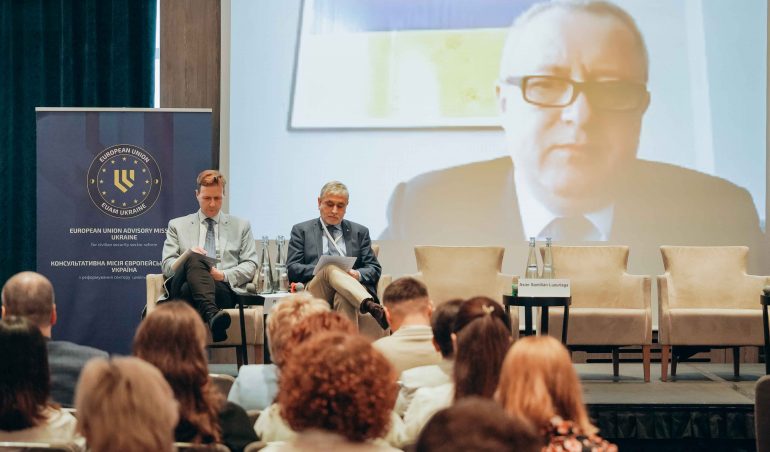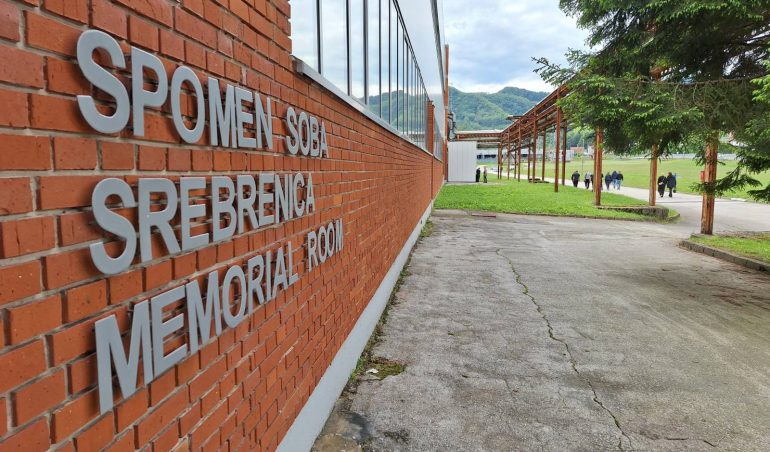Survivors First: EUAM Backs Ukraine’s Efforts to Protect Victims and survivors of CRSV and other International Crimes
May 16, 2025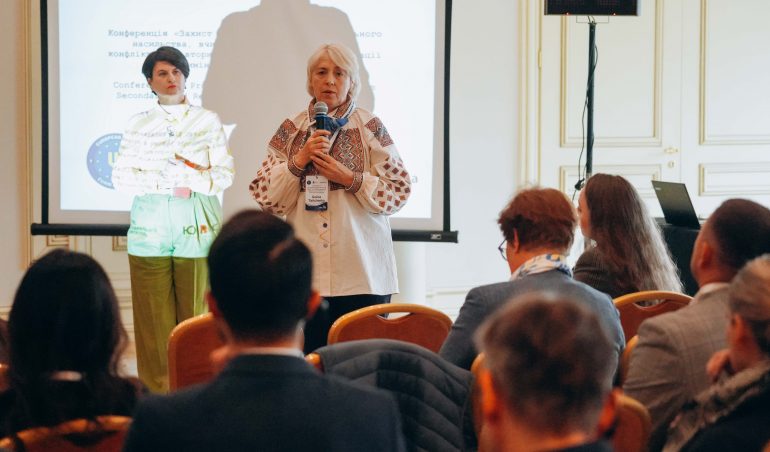
They come forward with stories no one should have to tell. Stories of torture, sexual violence, and deep personal loss. And when they do, Ukraine’s justice system must be ready — not only to prosecute, but to protect.
Yet for many victims and survivors of war crimes, the path to justice is fraught with risk. Retelling their experience can feel like reliving the trauma. Court procedures, medical examinations, or interactions with investigators can unintentionally inflict further harm.
Recognising this, the European Union Advisory Mission (EUAM) Ukraine has stepped up its support to Ukrainian institutions to ensure that victims and survivors are not just heard, but respected, protected, and treated with dignity at every step of the process. Between late April and early May, EUAM facilitated a series of coordinated efforts — bringing together institutions, civil society, and international partners to close gaps in survivor protection and move towards survivor-centred justice.
A System Under Pressure
Victims and survivors of war crimes in Ukraine still face fragmented support, institutional strain, and risks of re-traumatisation — challenges that require coordinated, system-wide responses.
To restart that coordination, on 25 April, EUAM hosted an in-person meeting of the CRSV Expert Group. The group — comprising representatives from law enforcement, government agencies, civil society, and international actors — met to assess the state of support for survivors of conflict-related sexual violence (CRSV) and identify legal and institutional gaps.
What emerged was a clear picture: professionals are committed, but resources are thin. Participants from law enforcement shared that regional teams near the frontline face staff shortages, psychological stress, and even casualties. The need for gender-sensitive, trauma-informed procedures is growing — but difficult to implement without sustained support.
Participants reported that 172 survivors of CRSV are currently receiving assistance — but only four trained specialists are available nationally. Civil society representatives urged lawmakers to translate intentions into binding protections.
A key outcome of the meeting was the proposal to form a dedicated legal reform working group. EUAM offered to join and contribute legal expertise.
Building Momentum for Change
To keep momentum and broaden engagement, EUAM organised a national conference on 6 May in cooperation with the Office of the Prosecutor General of Ukraine (OPG) and the Ukrainian Women Lawyers Association “JurFem.” The event — “Protecting Survivors of CRSV from Secondary and Repeat Victimisation in Criminal Proceedings” — brought the survivor experience to the centre of discussion. Several survivors described how justice processes have at times deepened their trauma — from medical examinations conducted in prison-like conditions to being asked to physically recreate scenes of detention and the stigmatizing and risk if the identify of survivors is disclosed during the investigation. EUAM Senior Adviser Pauline Brosch noted that the, accounts of the survivors made one point unmistakably clear: AS cases proceed, the system must do more to protect those who have already suffered.
From lawmakers to prosecutors, participants agreed: the current approach must evolve. EUAM Senior Adviser Ola Quarnstrom noted that in the EU, Member States are encouraged to consider limiting the disclosure of the survivor’s personal details – and Ukraine should also strengthen its legal framework in this regard. “Justice should not add to the harm,” he said.
The discussion also reinforced the need of amending national legal framework to strengthen the safeguards for victims and survivors. Parliamentarians present discussed ways of amending the legislation, recalling that a draft law has been presented to the Rada.
The message of survivor-centred justice was further amplified during the international conference “United for Justice. United for Survivors”, held on 7 May in Kyiv. Organised by the Office of the Prosecutor General and the Government of the Netherlands, the event brought together Ukrainian and international actors to strengthen cooperation in investigating war crimes and to advance protection standards for victims. EUAM contributed to the discussion by highlighting the relevance of EU legal frameworks — including the EU Victims’ Rights Directive — as a model for reforms underway in Ukraine.
Investing in Those on the Frontline
Turning these conversations into practical improvements on the ground was the focus of the final event in this sequence. On 8–9 May, EUAM hosted a dedicated workshop for the entire staff of the Victim and Witness Coordination Centre, bringing together colleagues from Kyiv and nine Regional Prosecutor’s Offices. The workshop offered a unique opportunity for the team to travel from across the country and meet in person to strengthen internal cohesion, share practices, and sharpen their capacity to work with vulnerable victims and survivors.
The workshop focused on trauma-informed communication, EU victims’ rights standards, and reparation mechanisms. The sessions were practical, hands-on, and grounded in the day-to-day challenges staff face.
The Centre, established in 2023, now operates in nine regions. With EUAM’s continued support, it is becoming a leading example of survivor-focused justice practice in Ukraine.
A Path Forward
There is no quick fix to the trauma left behind by war crimes. But there is a clear way forward: ensuring that victims and survivors are not re-traumatised when they seek justice — that they are met with care, not doubt. With professionalism, not indifference.
Through coordinated action, legal advice, and targeted institutional support, EUAM is supporting Ukraine’s institutions to make this shift. Not alone, but alongside national authorities, civil society, and international partners.
Because justice is not only about convicting perpetrators. It is also about restoring dignity to those who suffered. And making sure they never have to face the system alone again.


